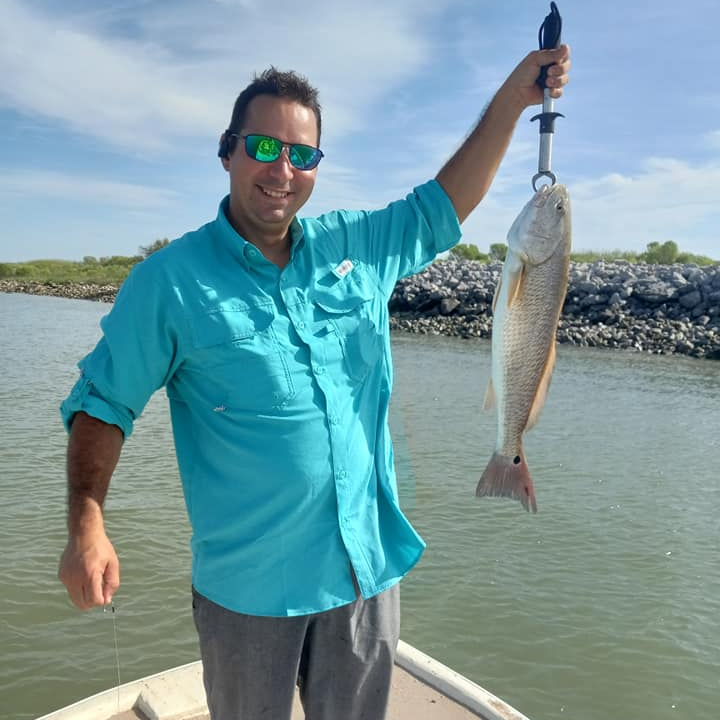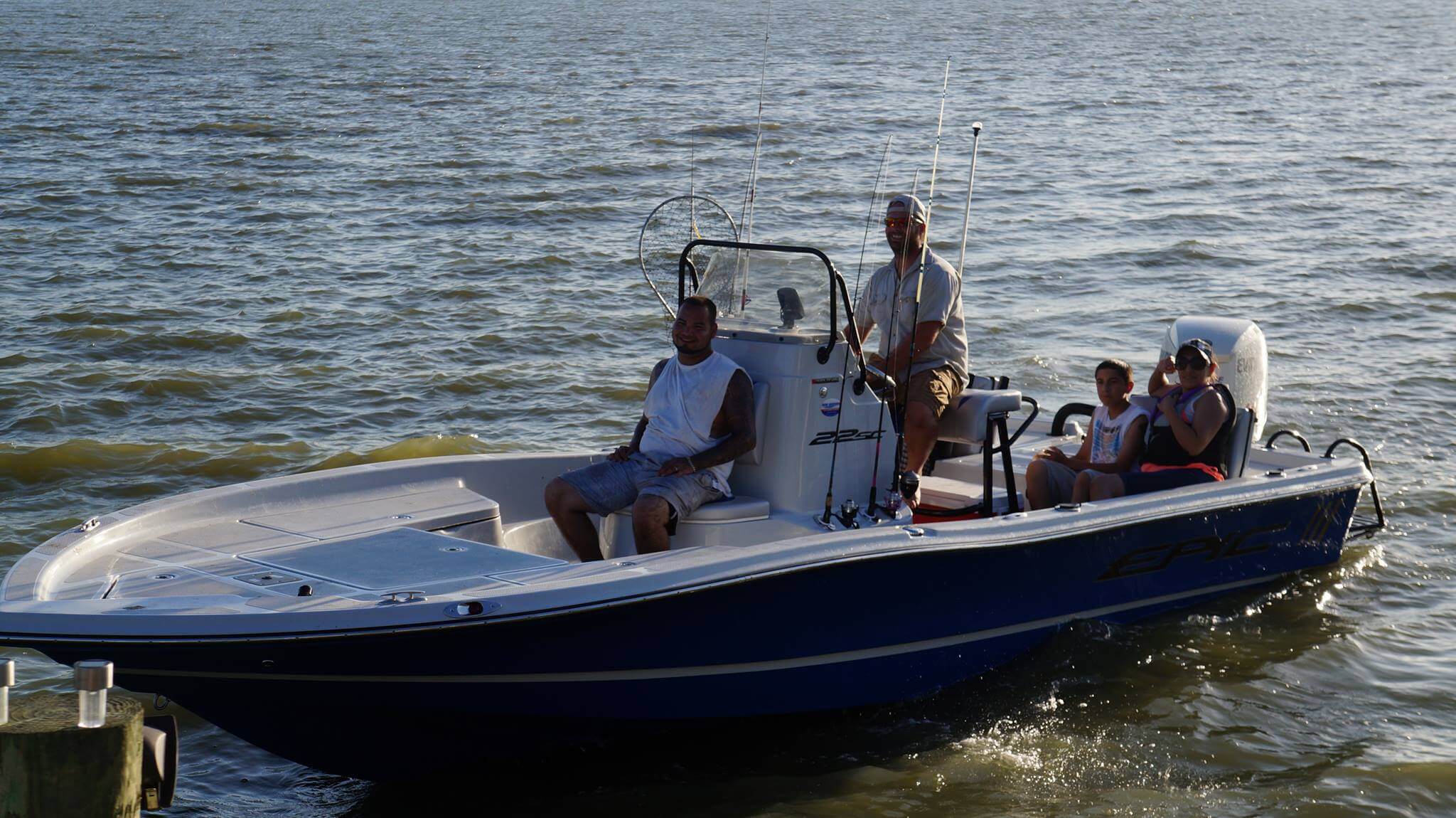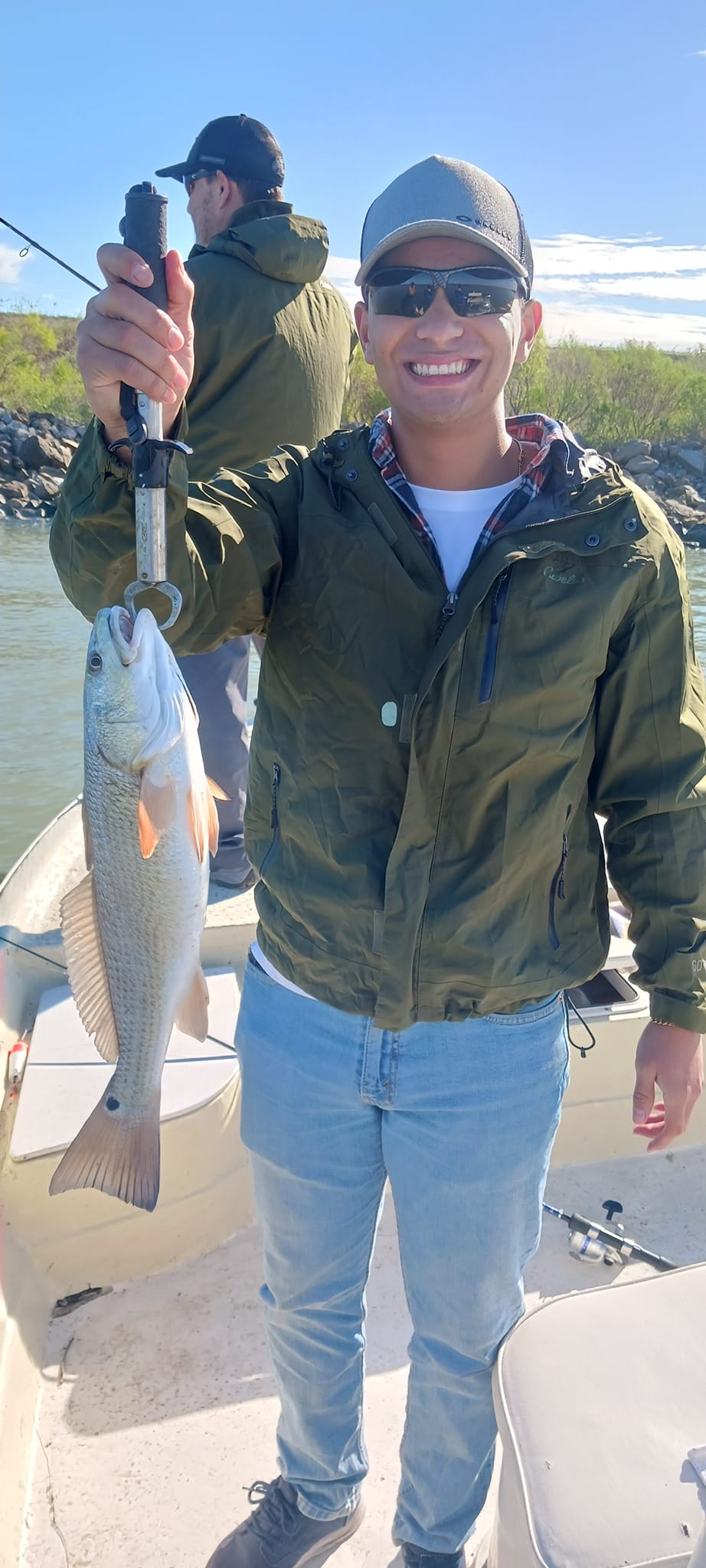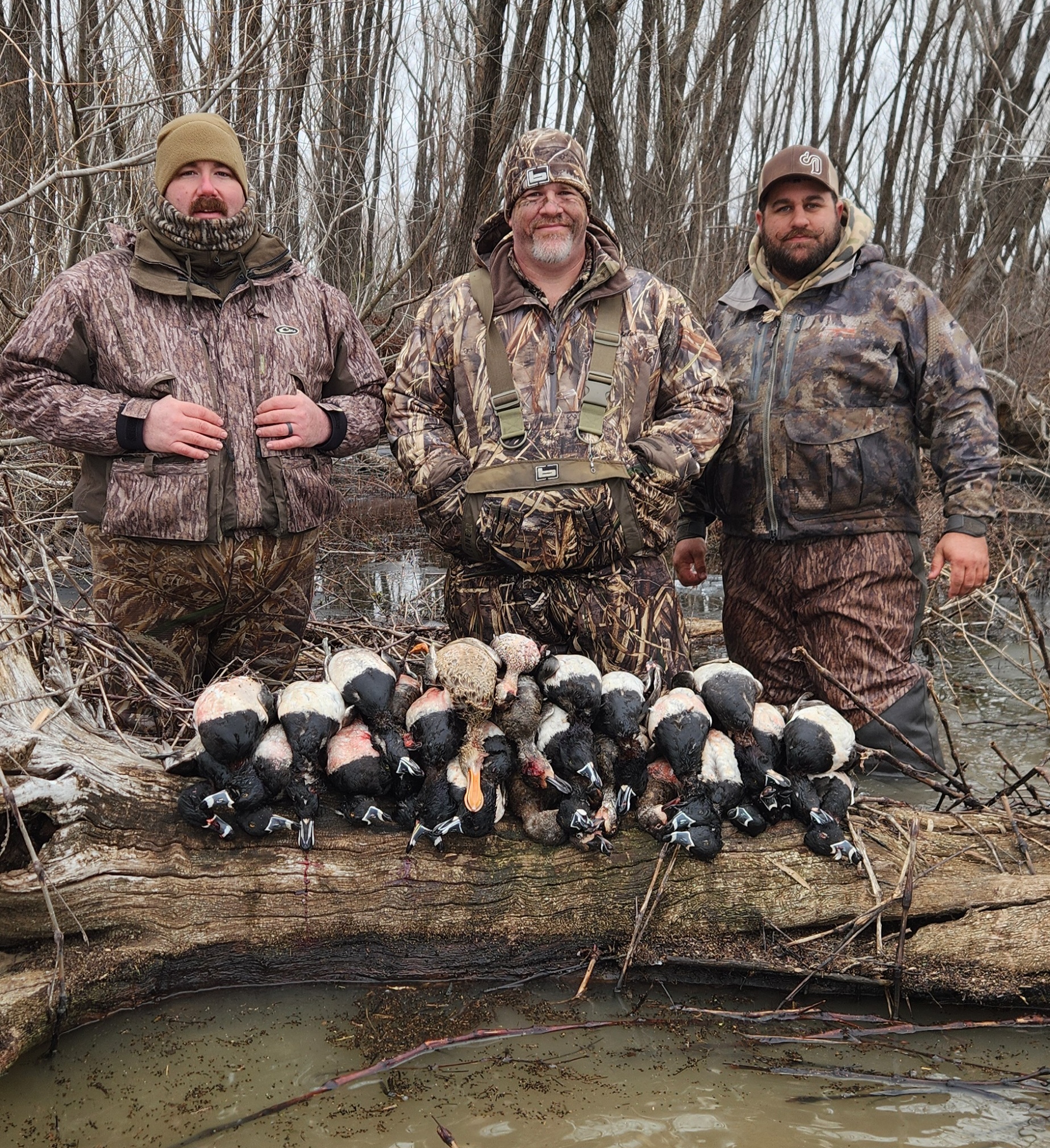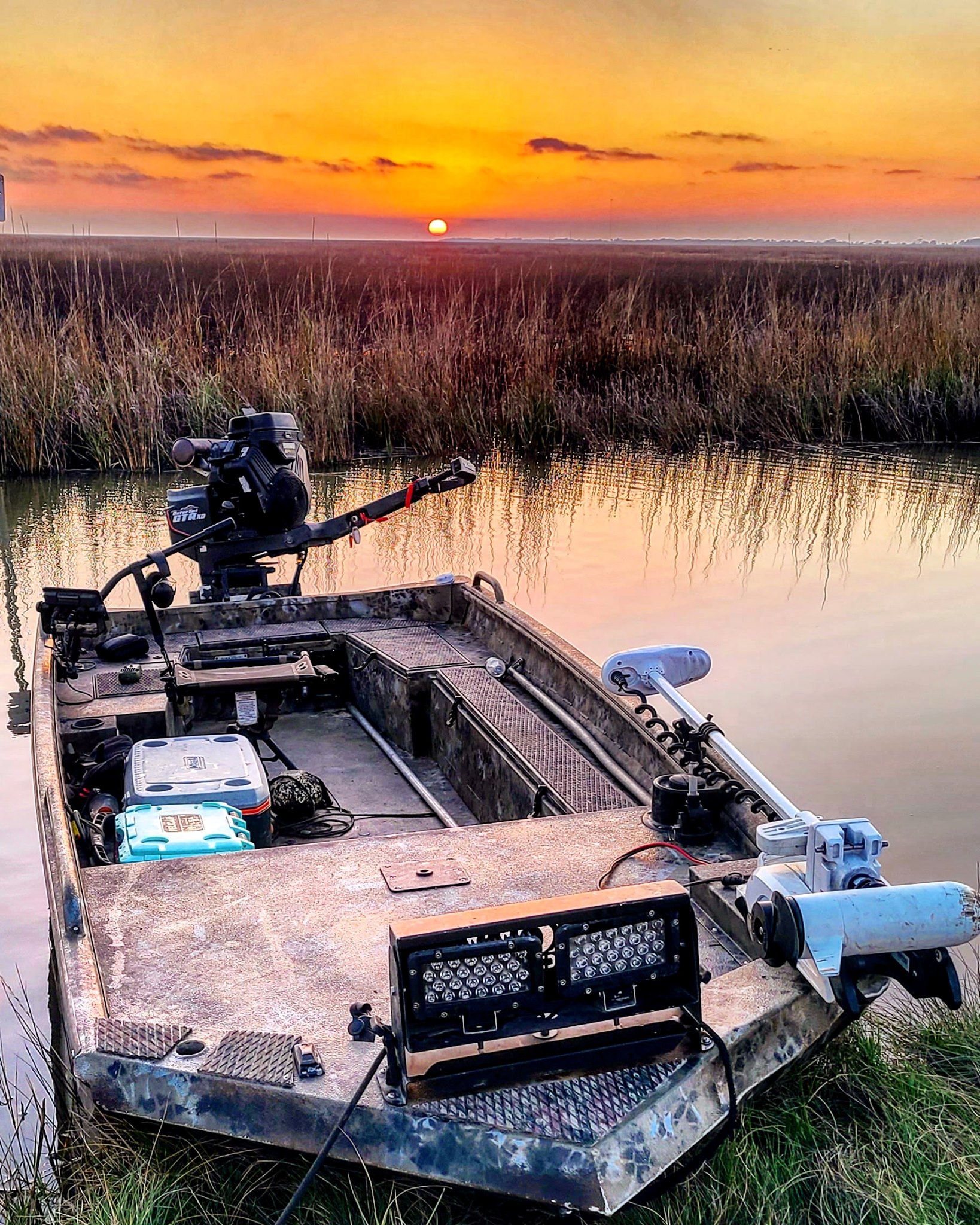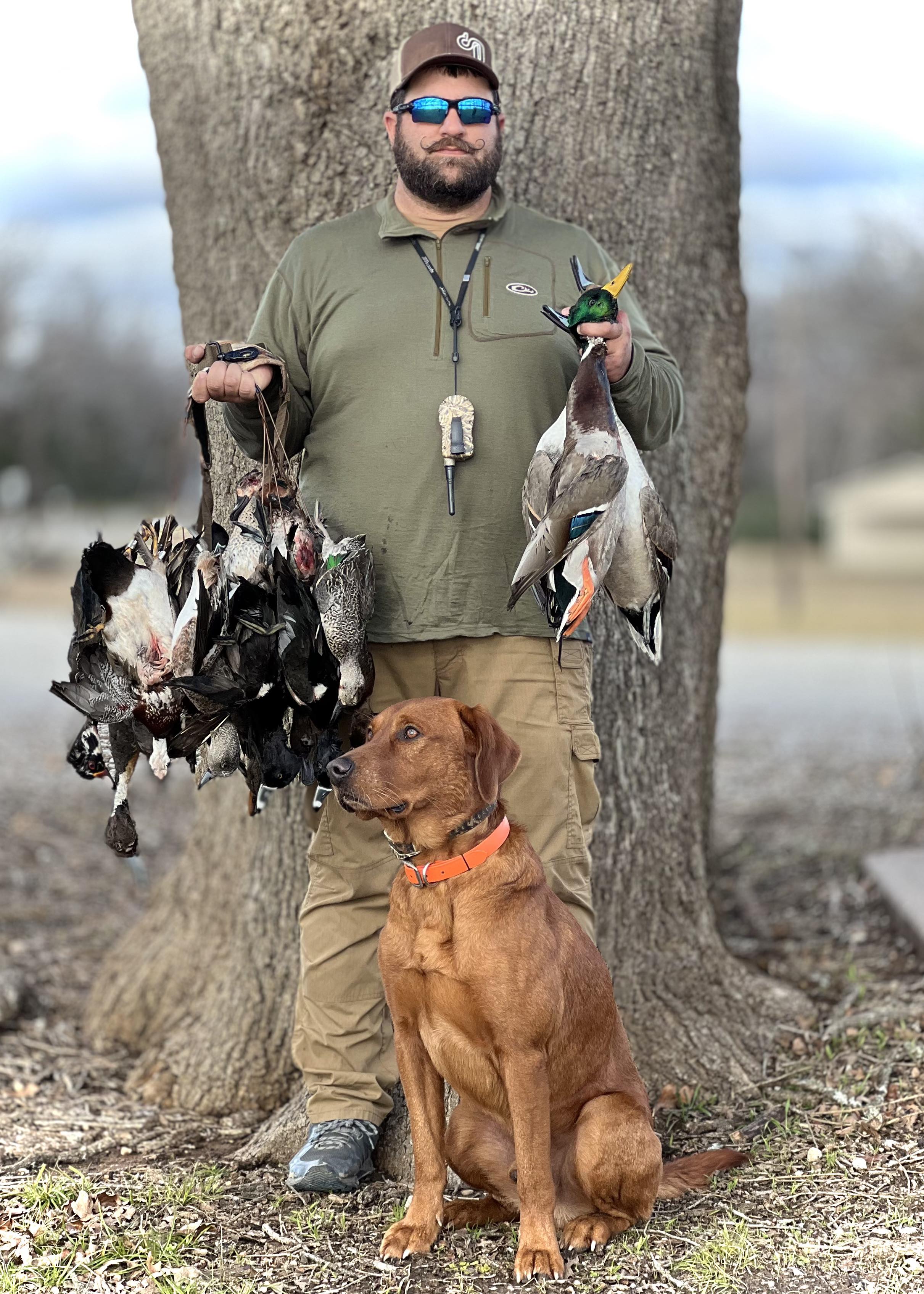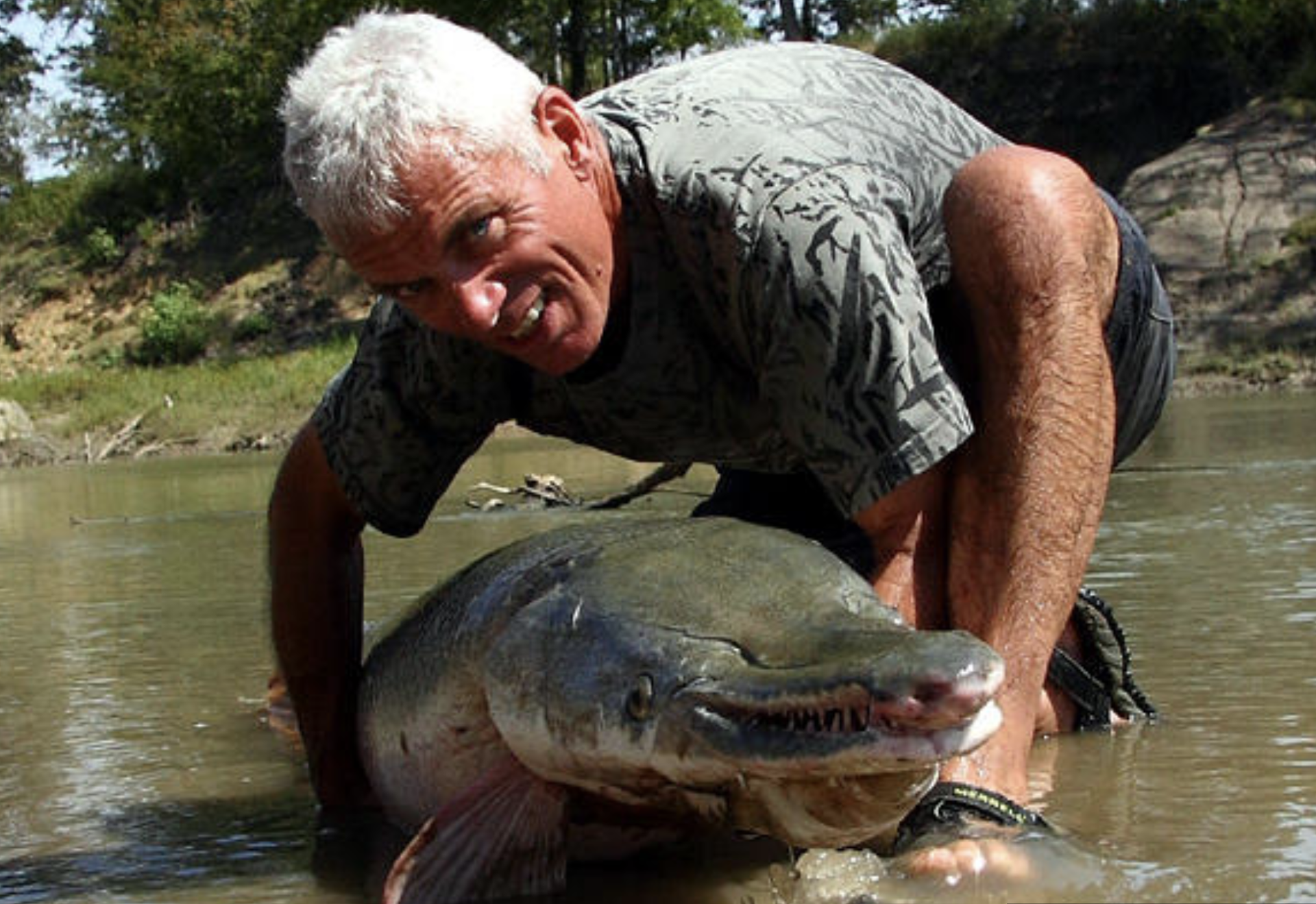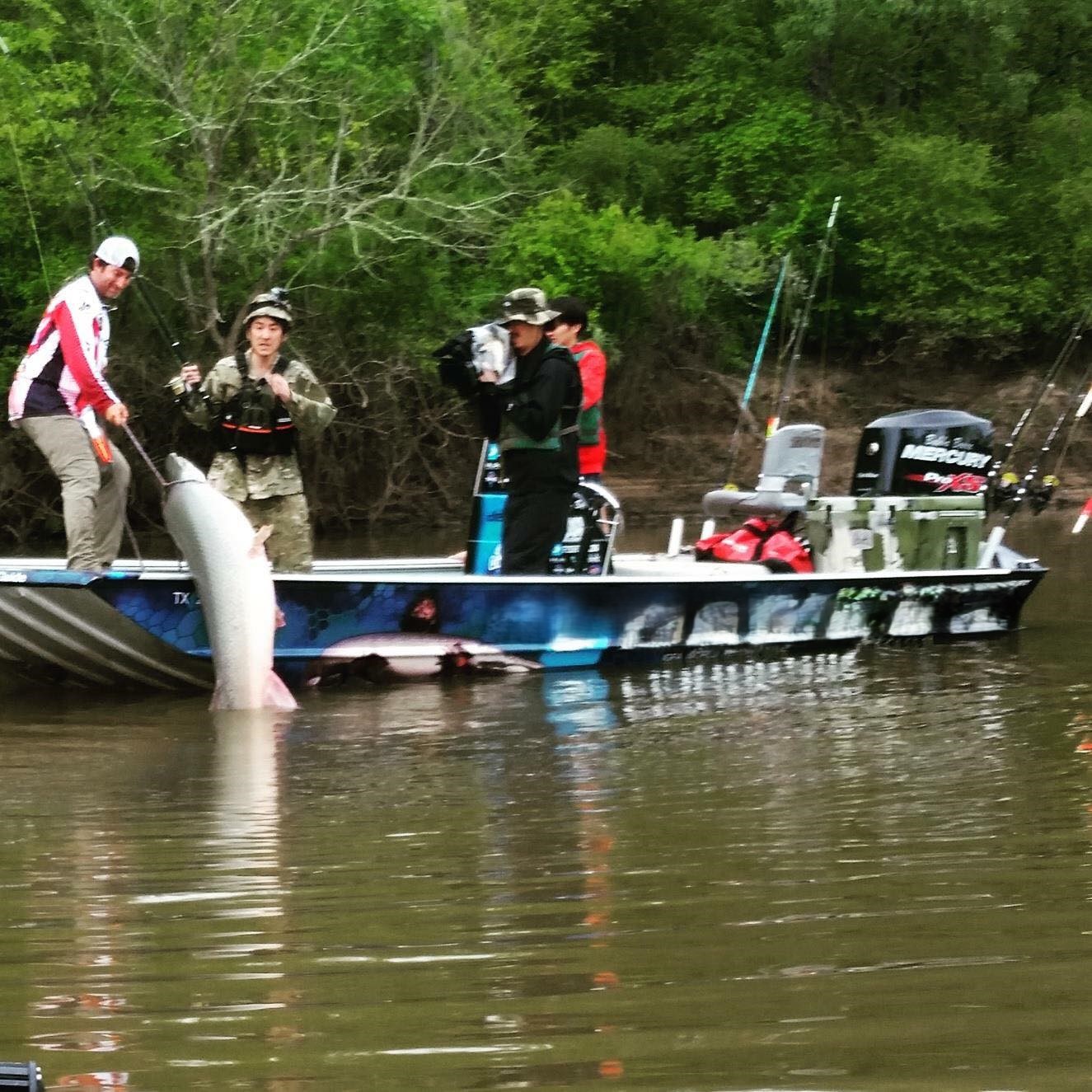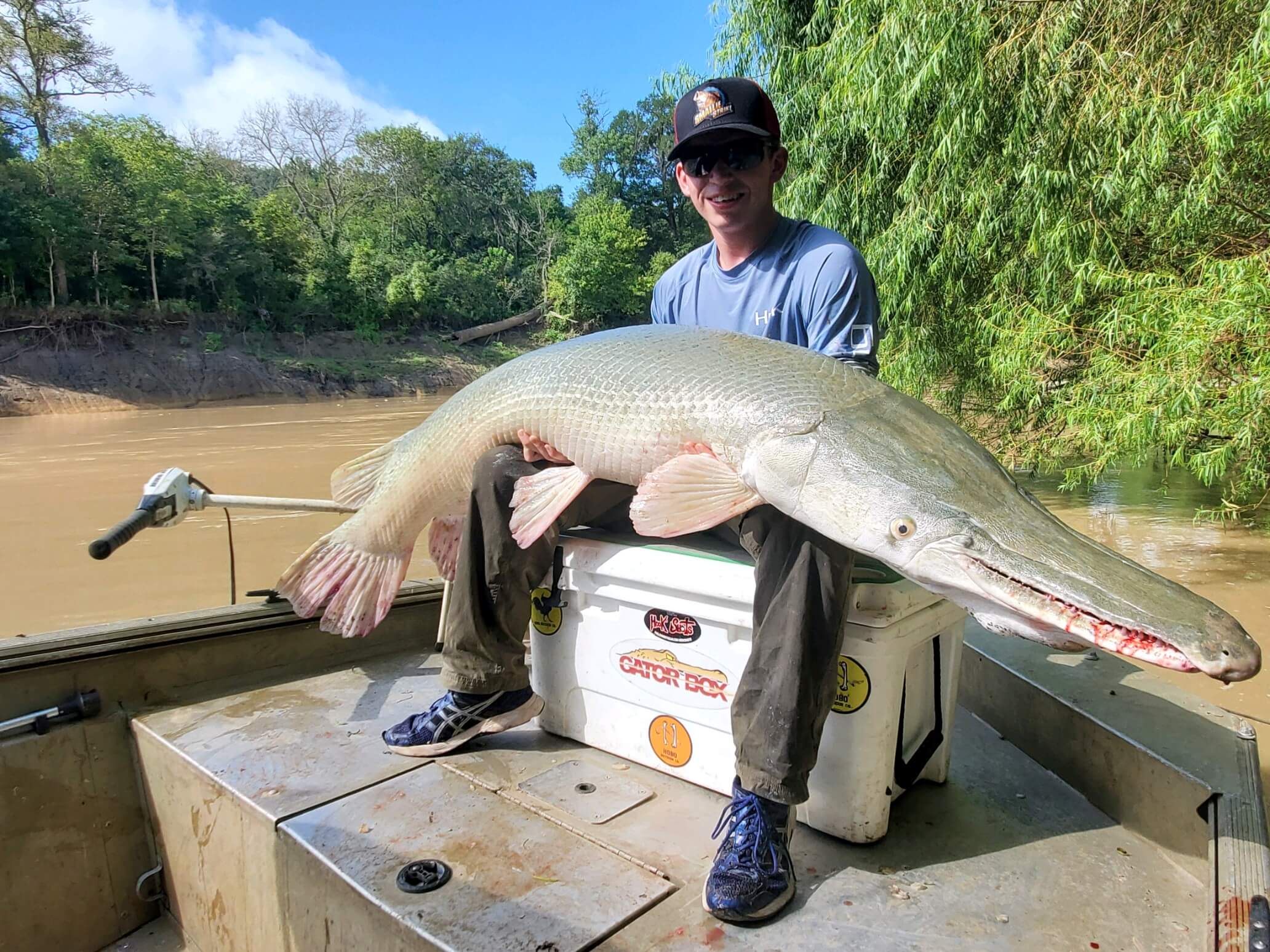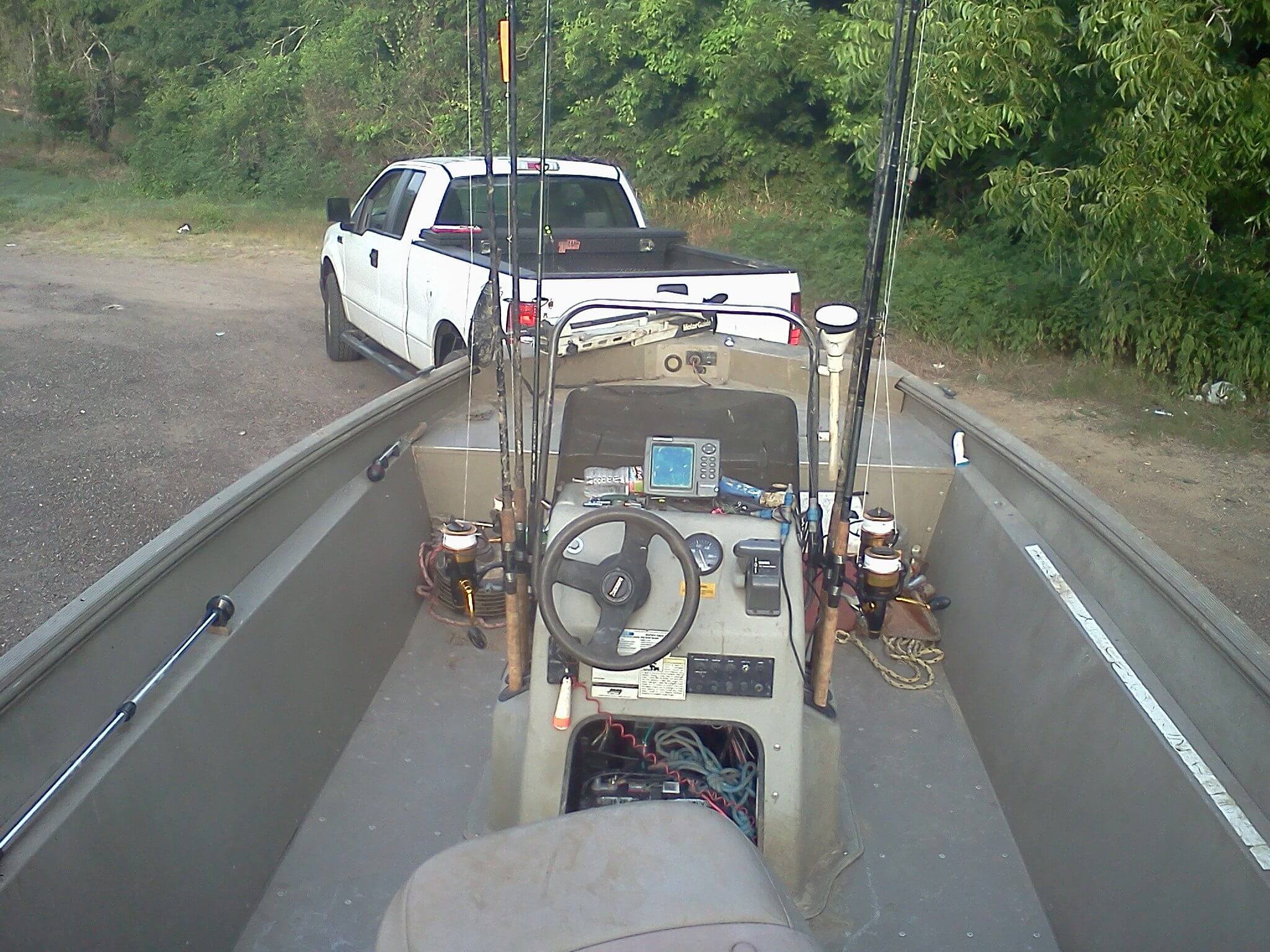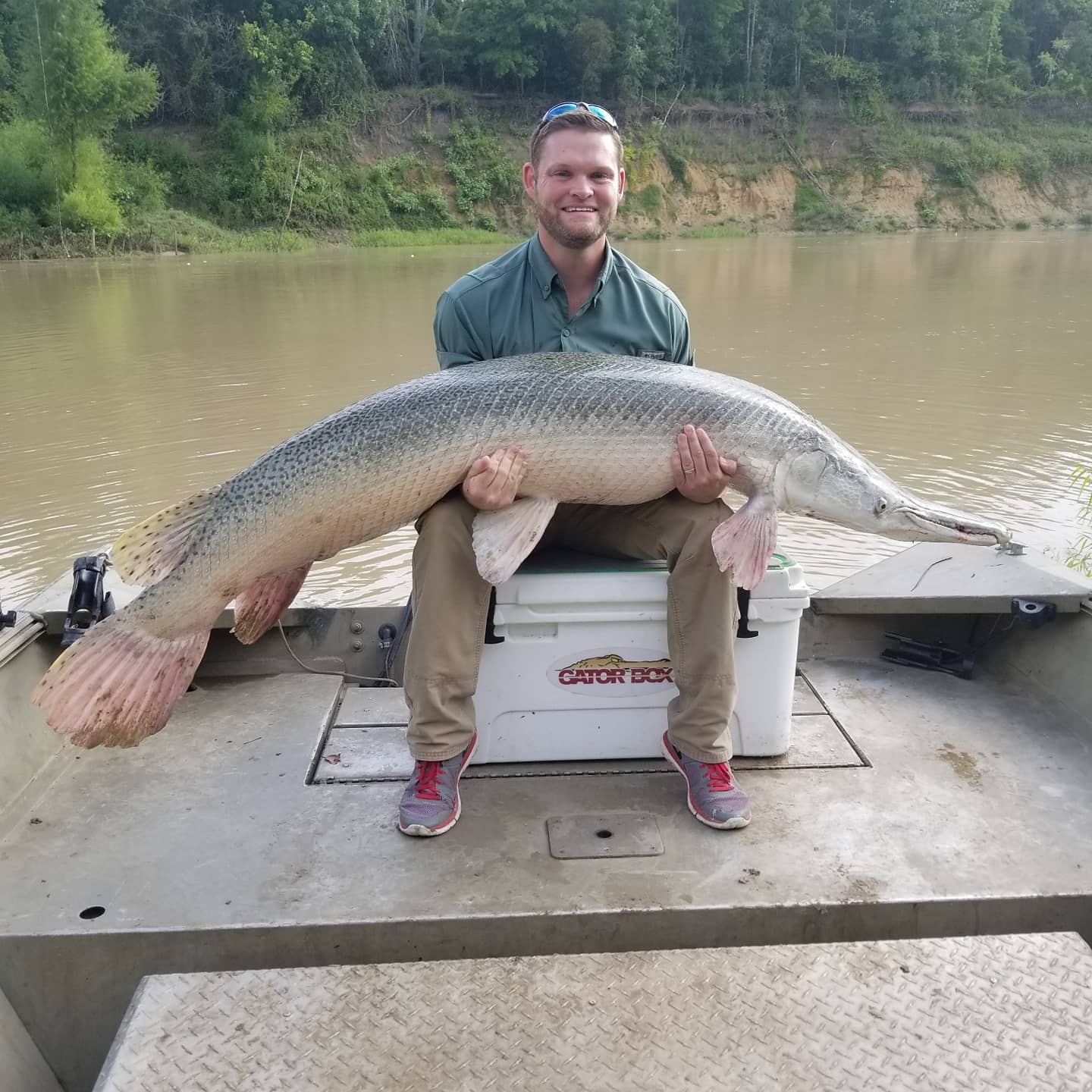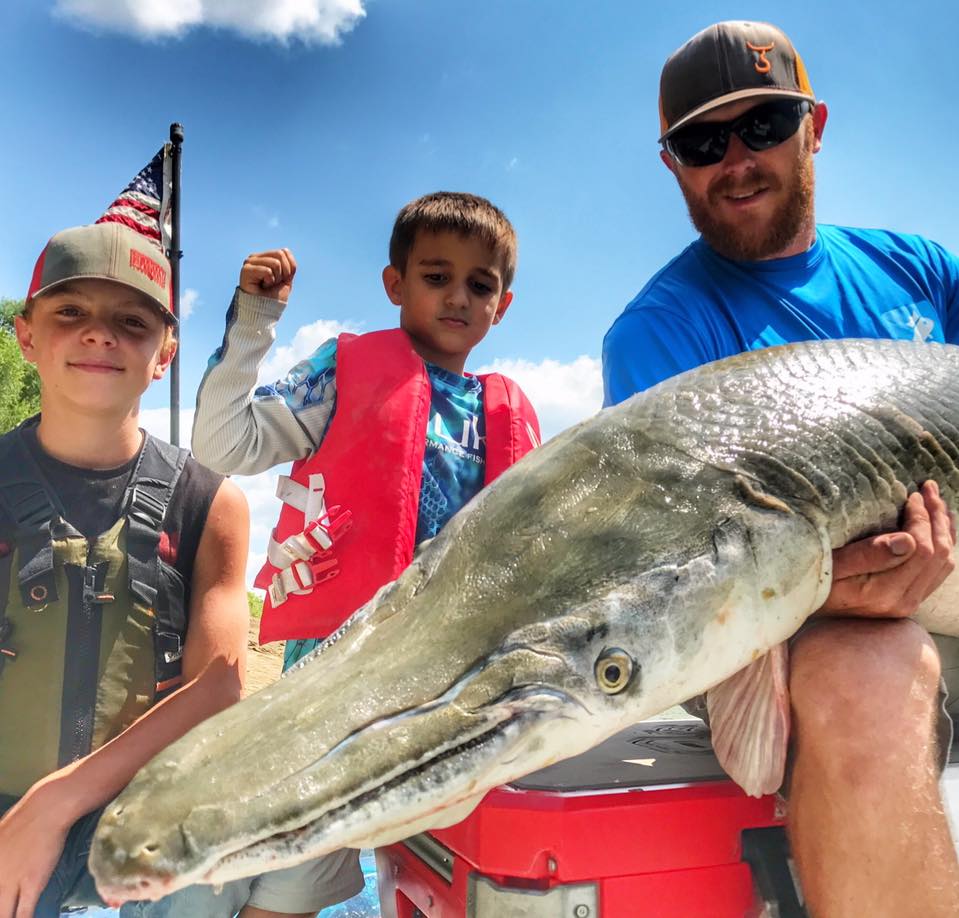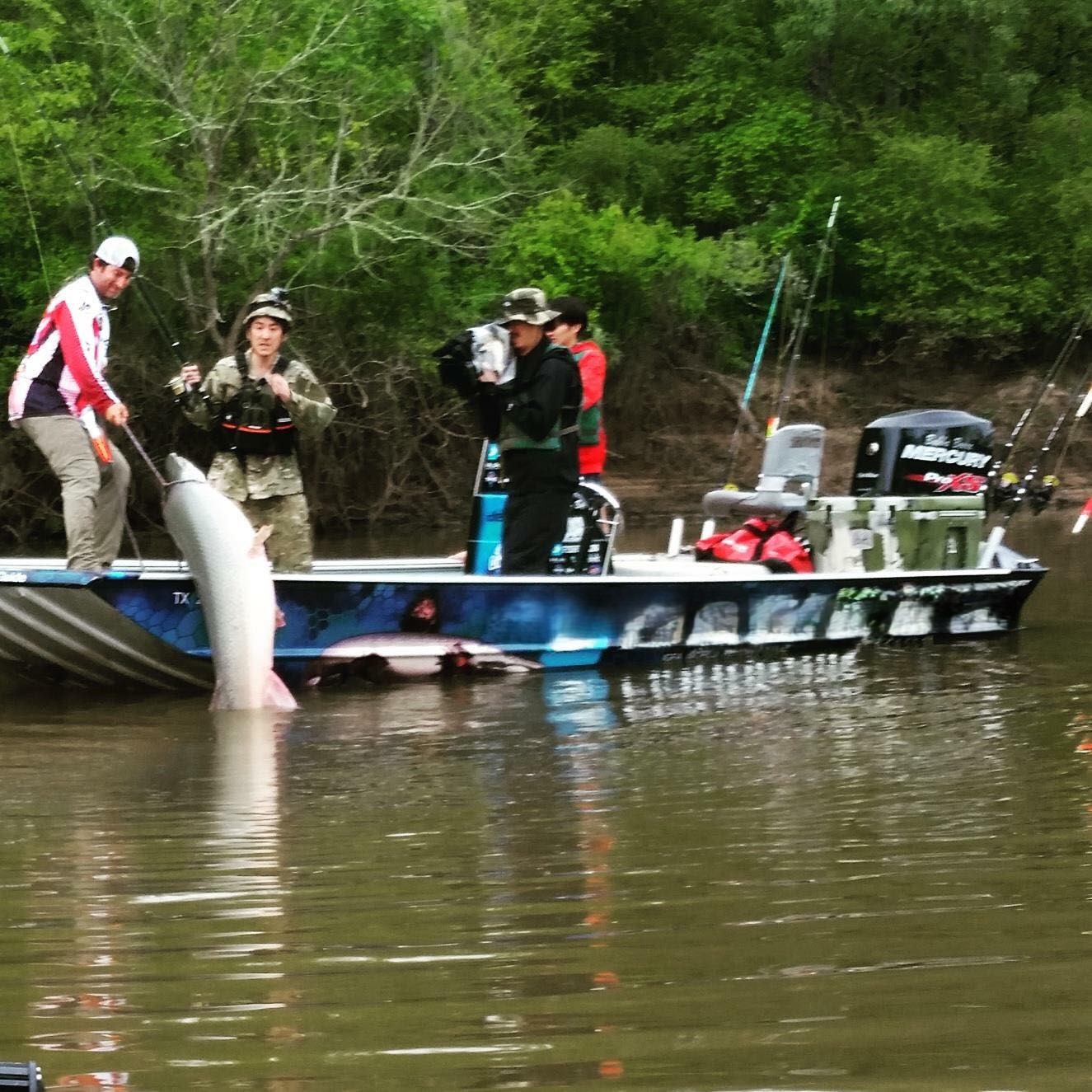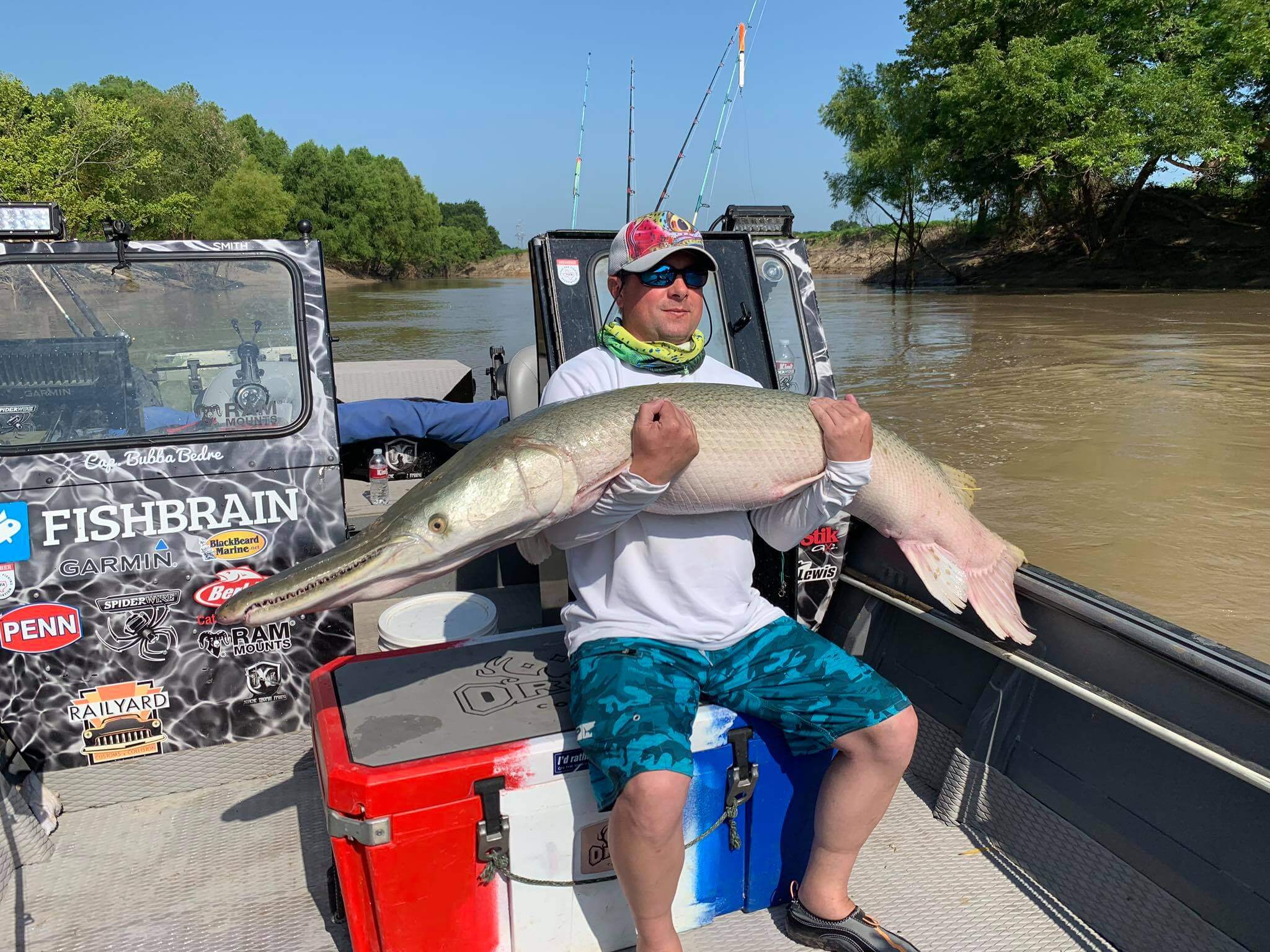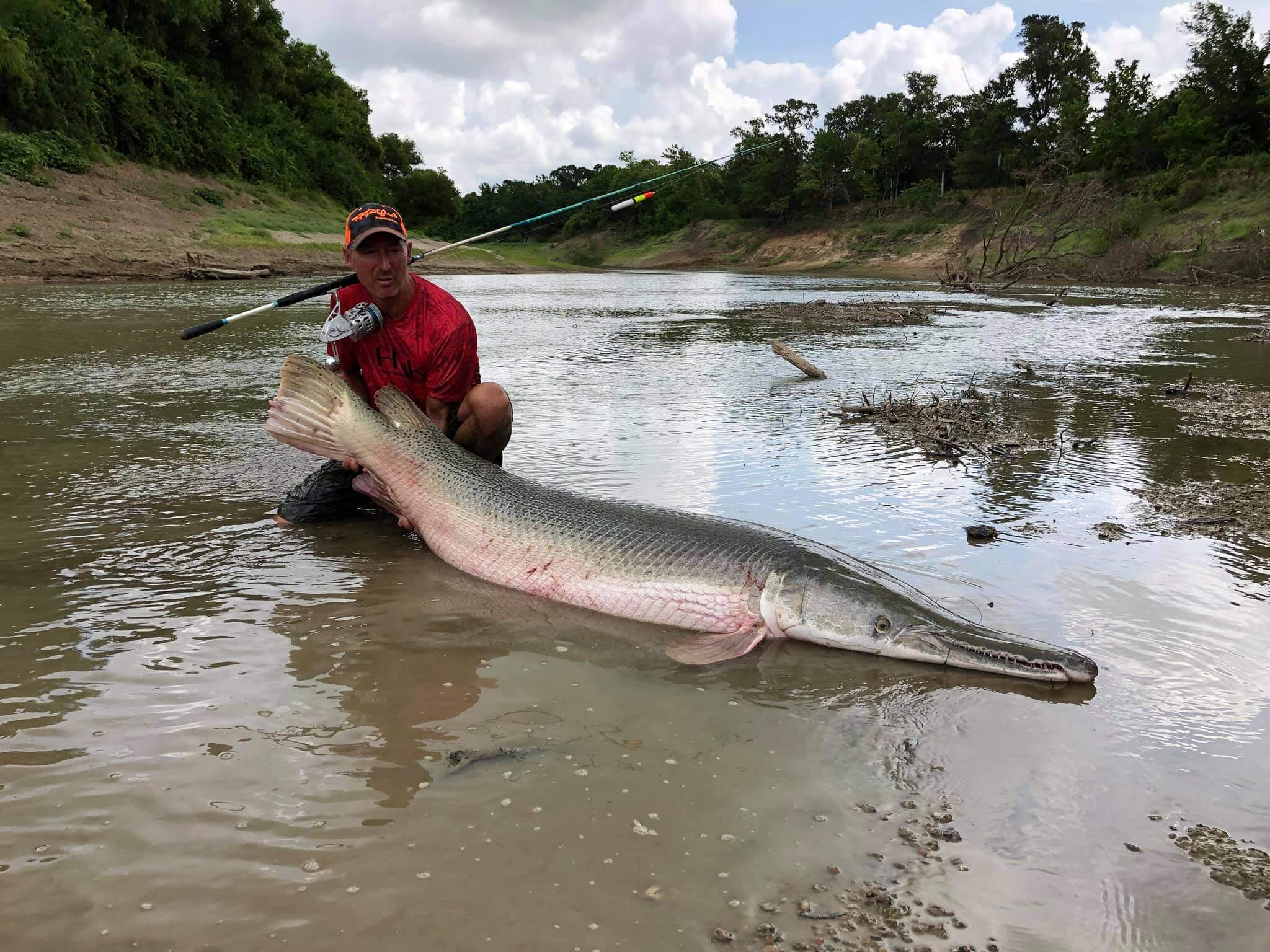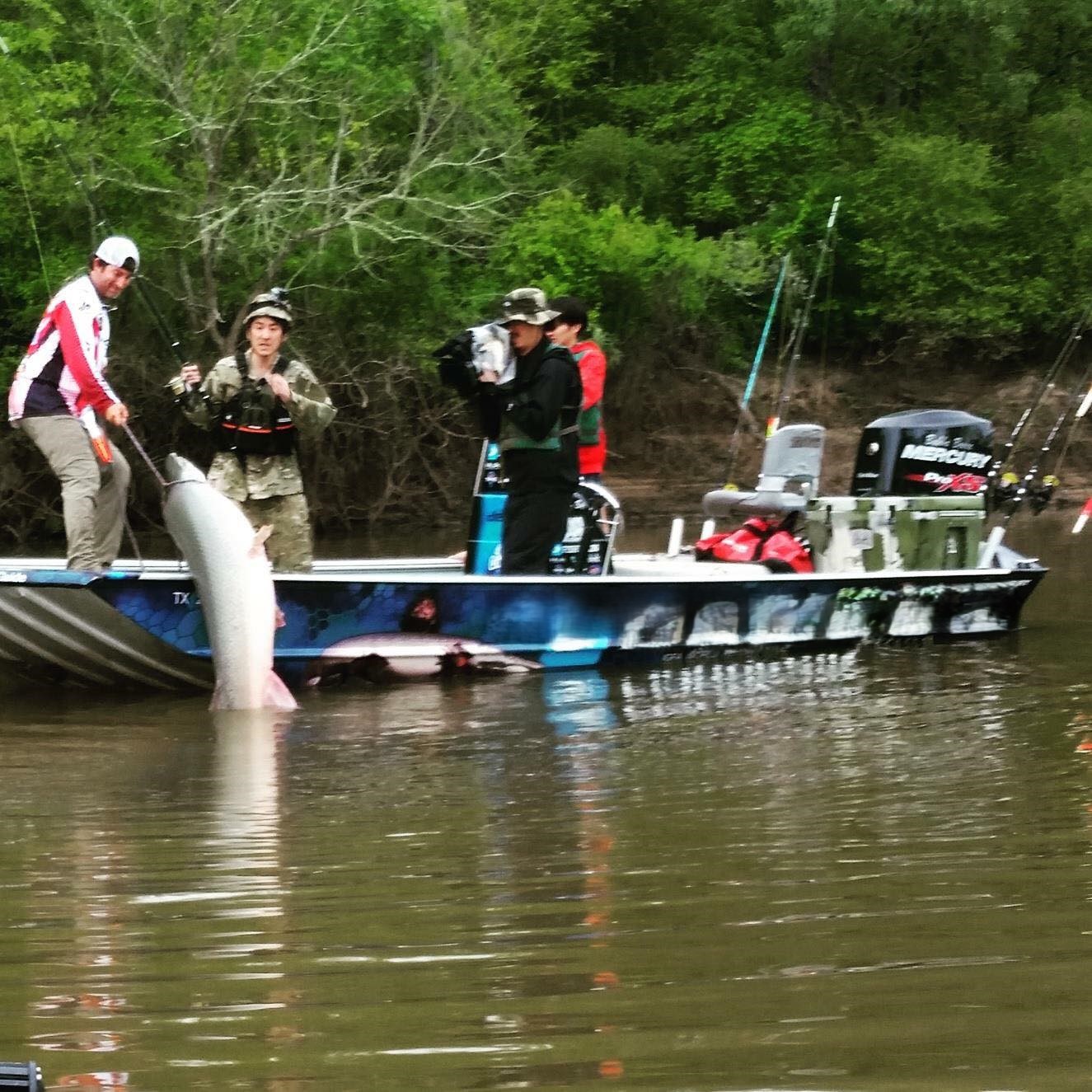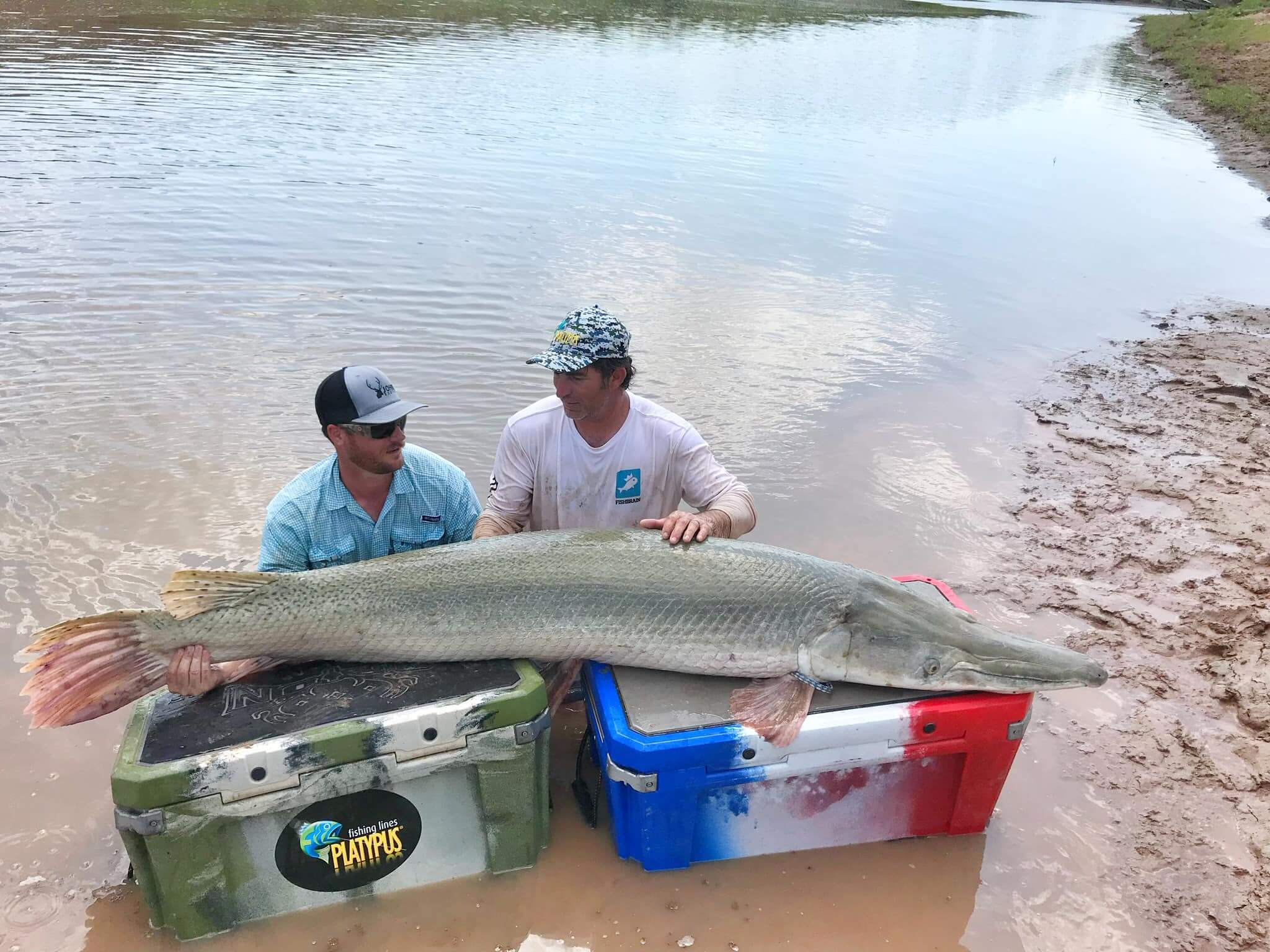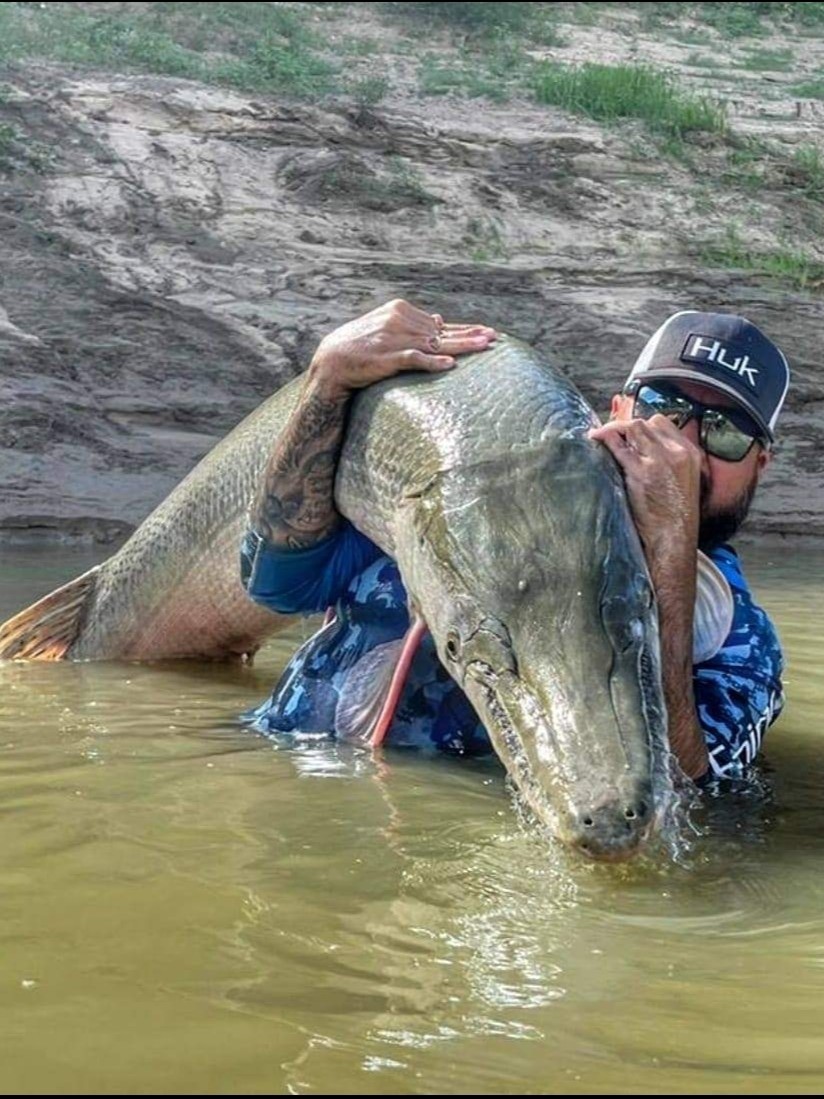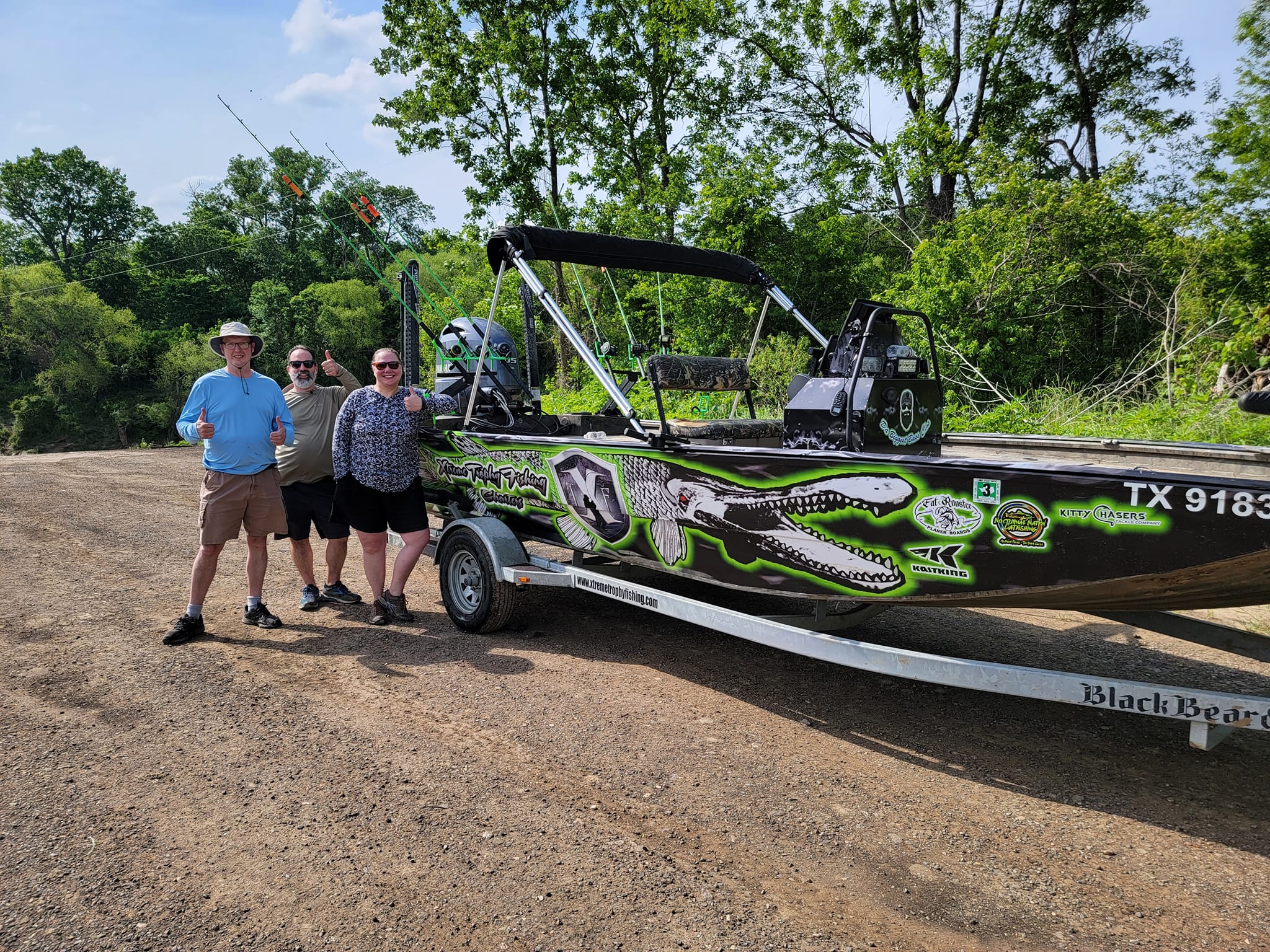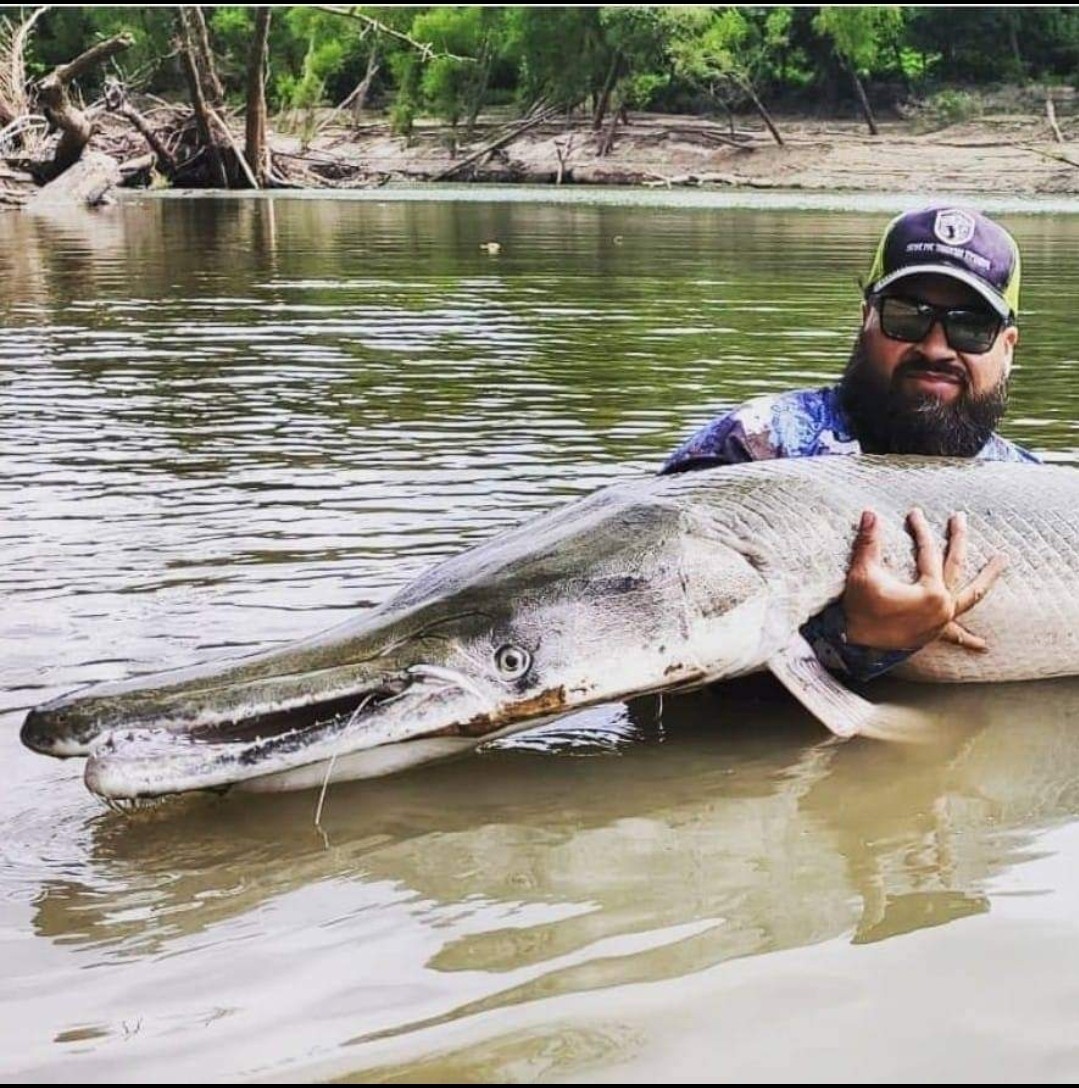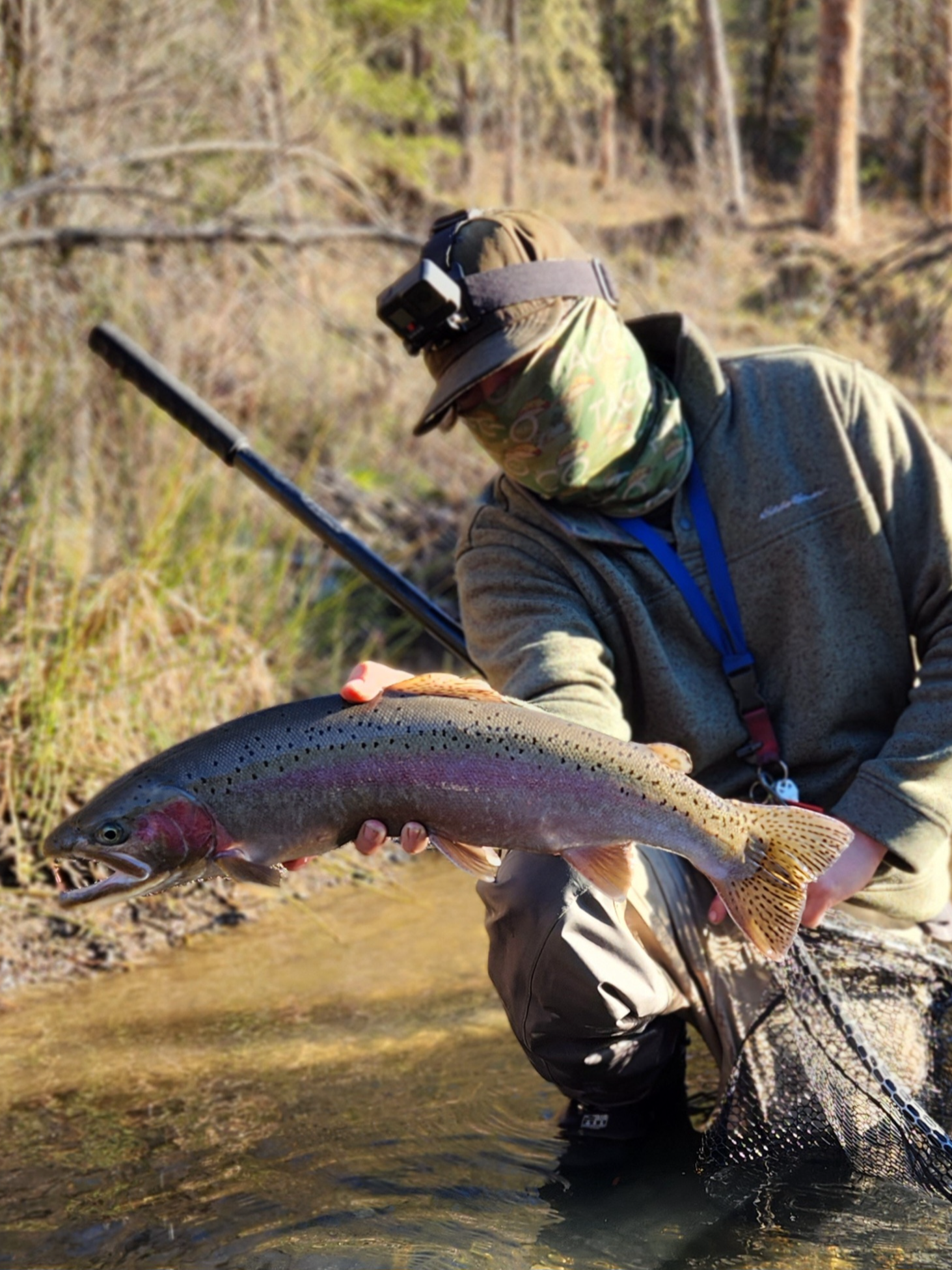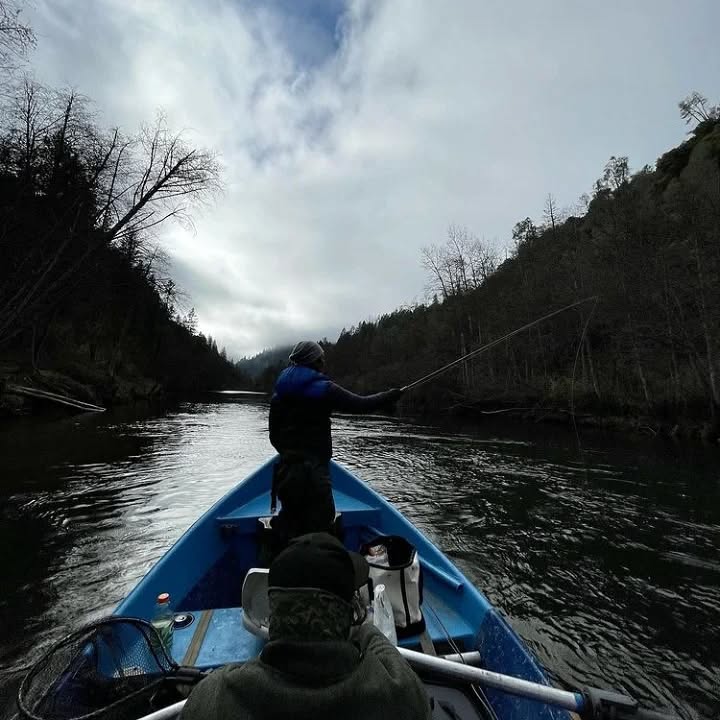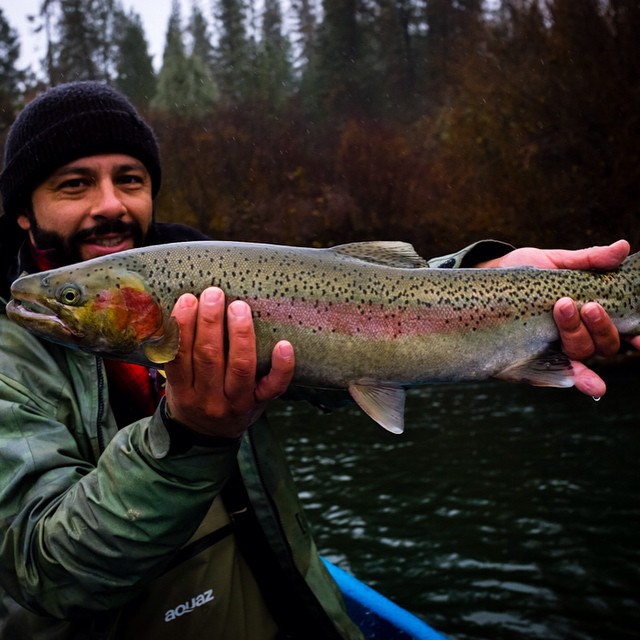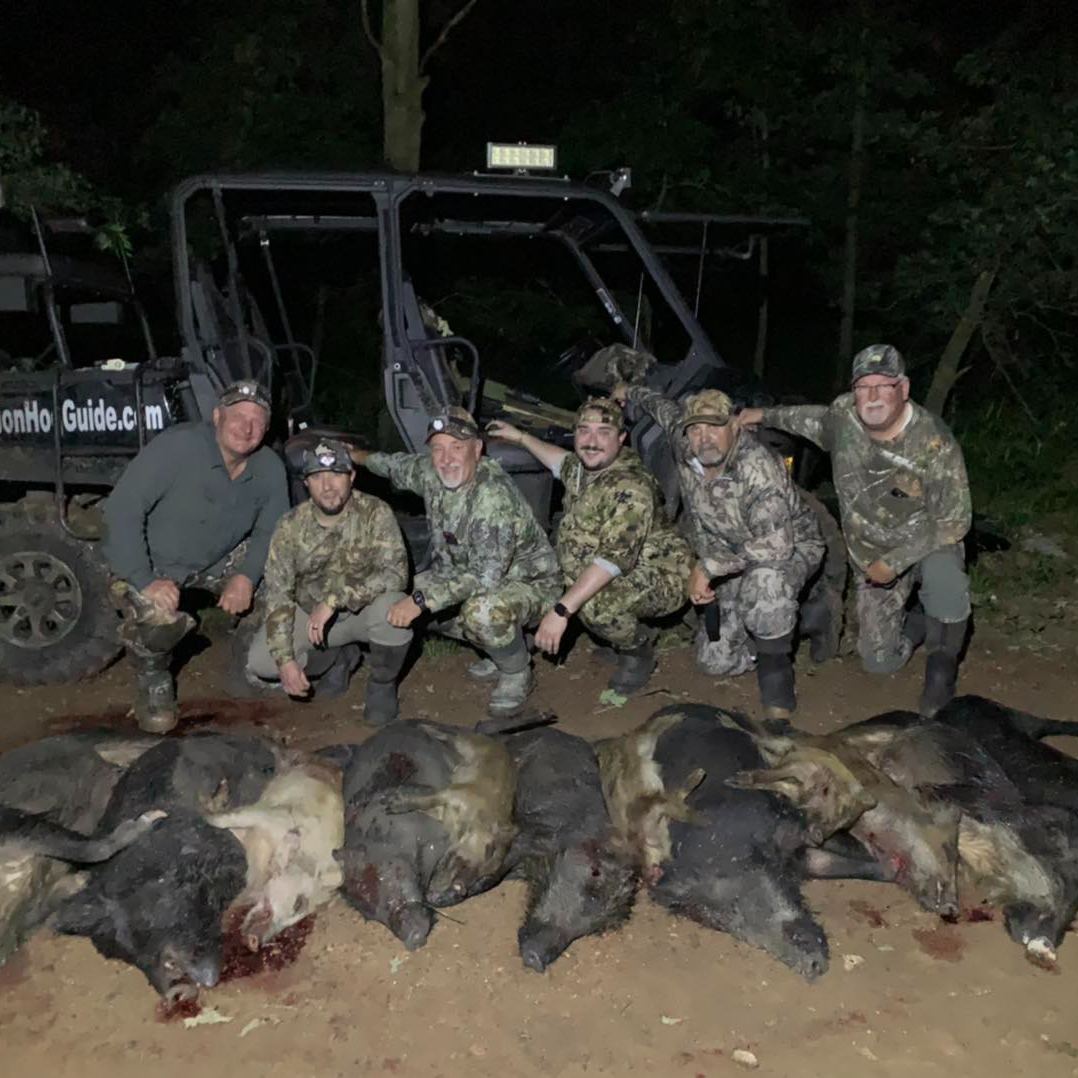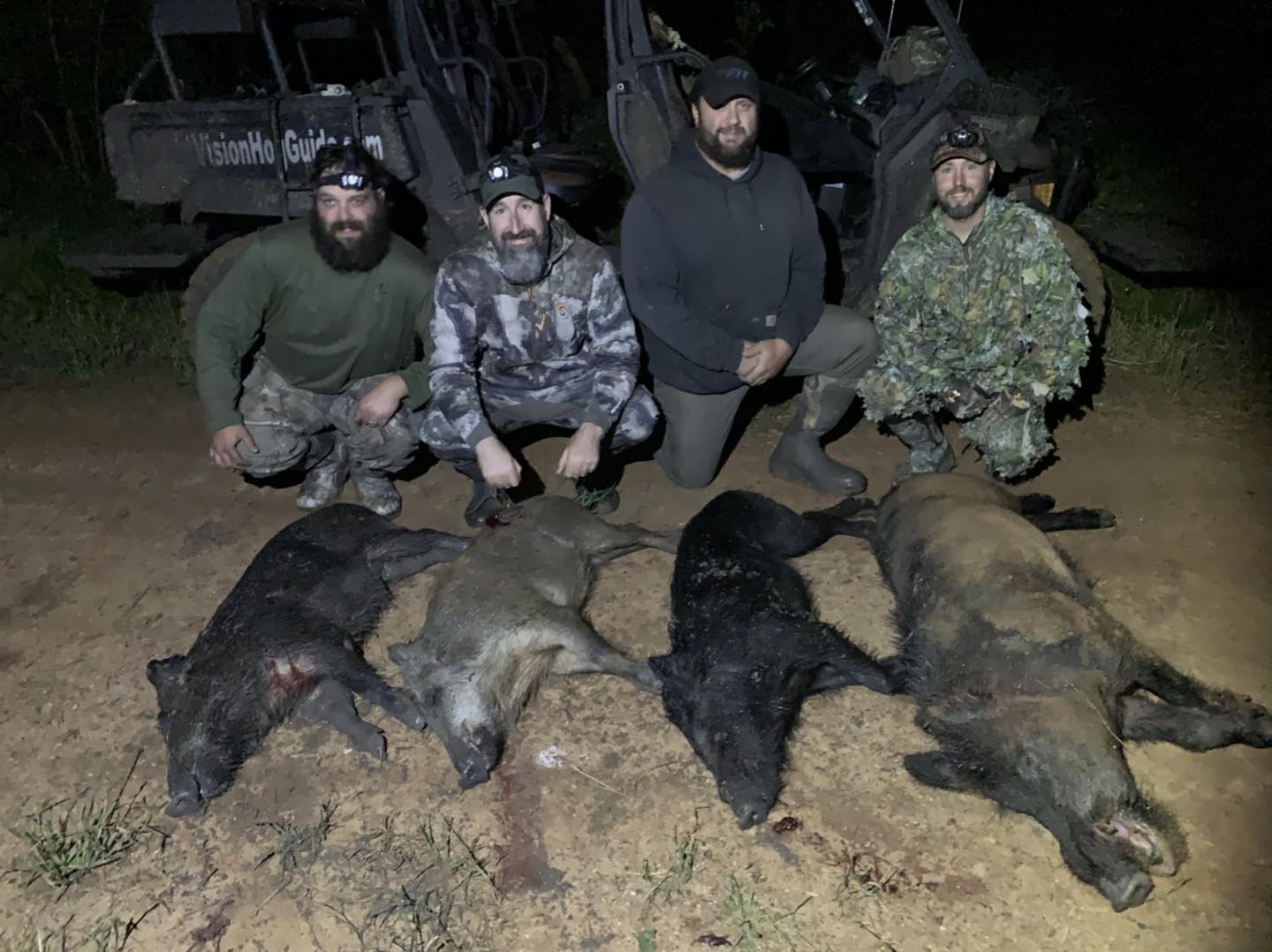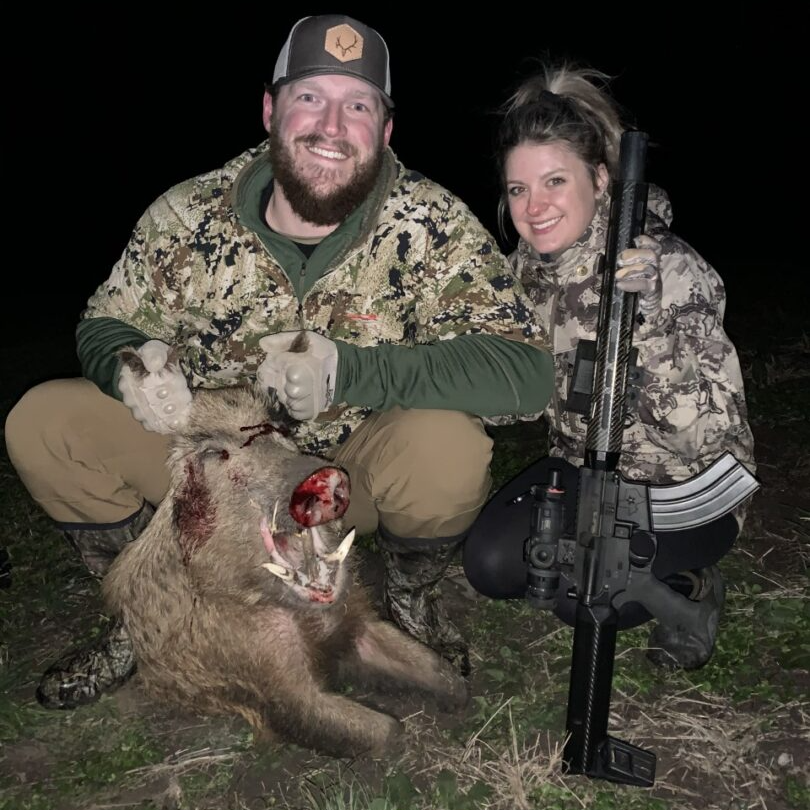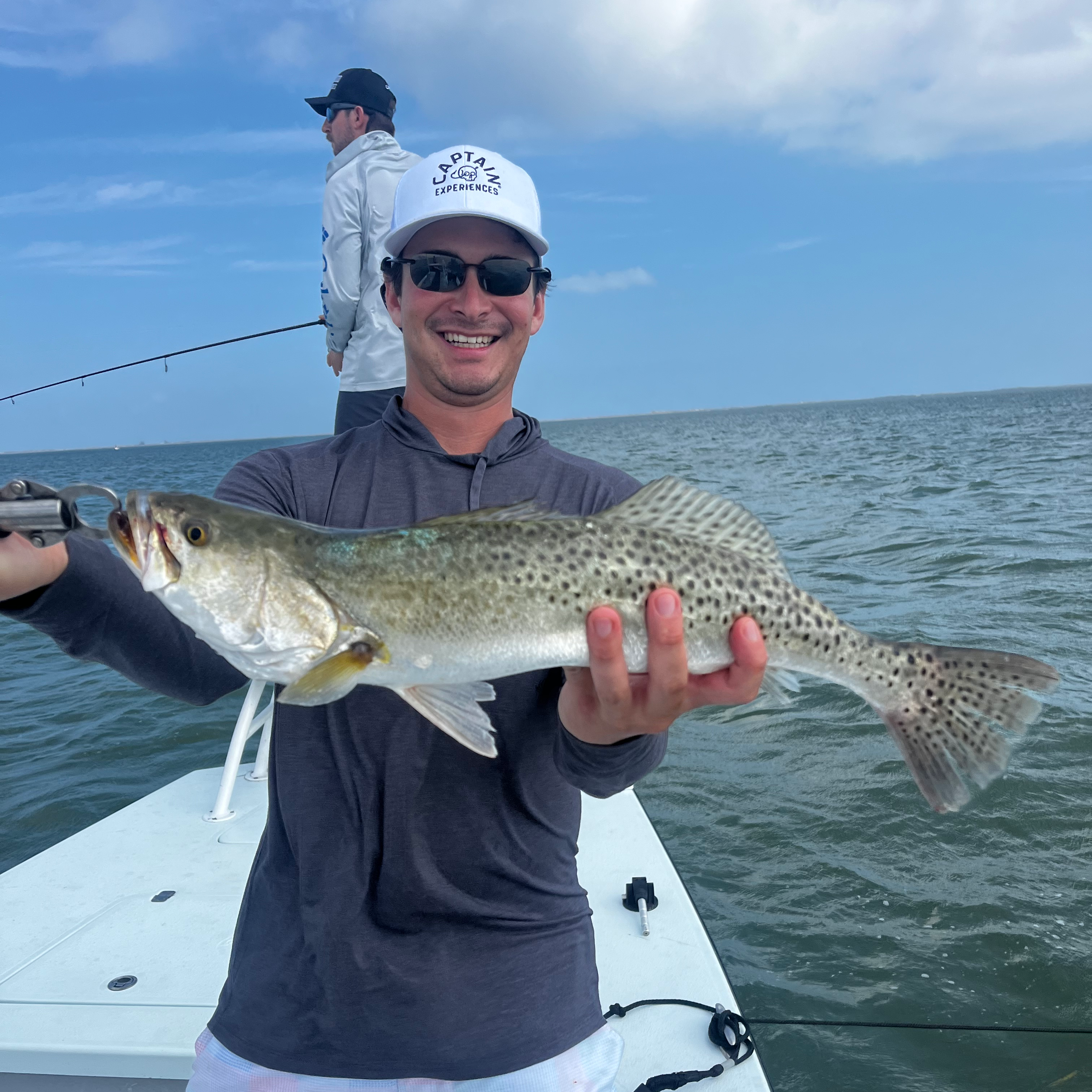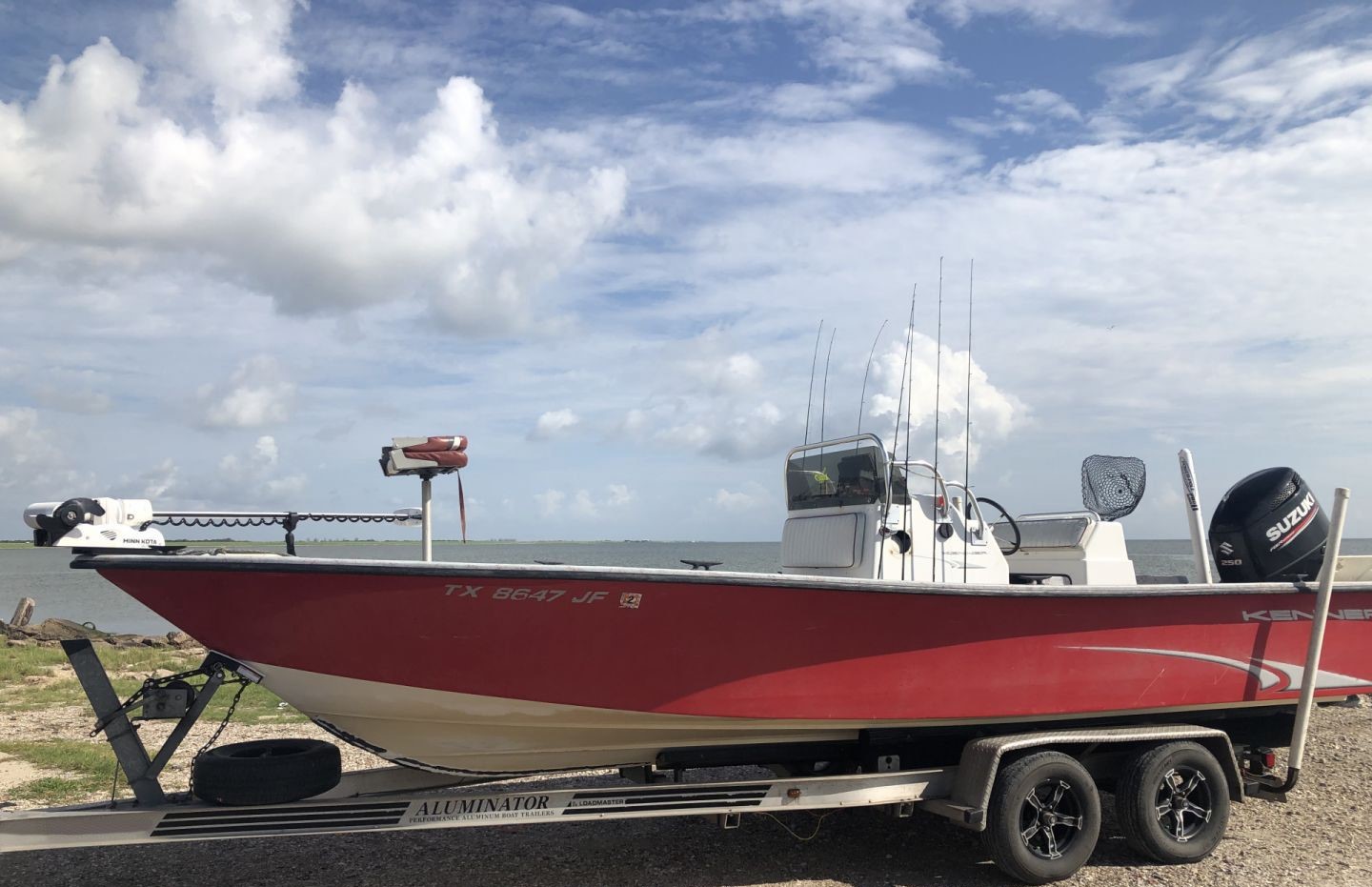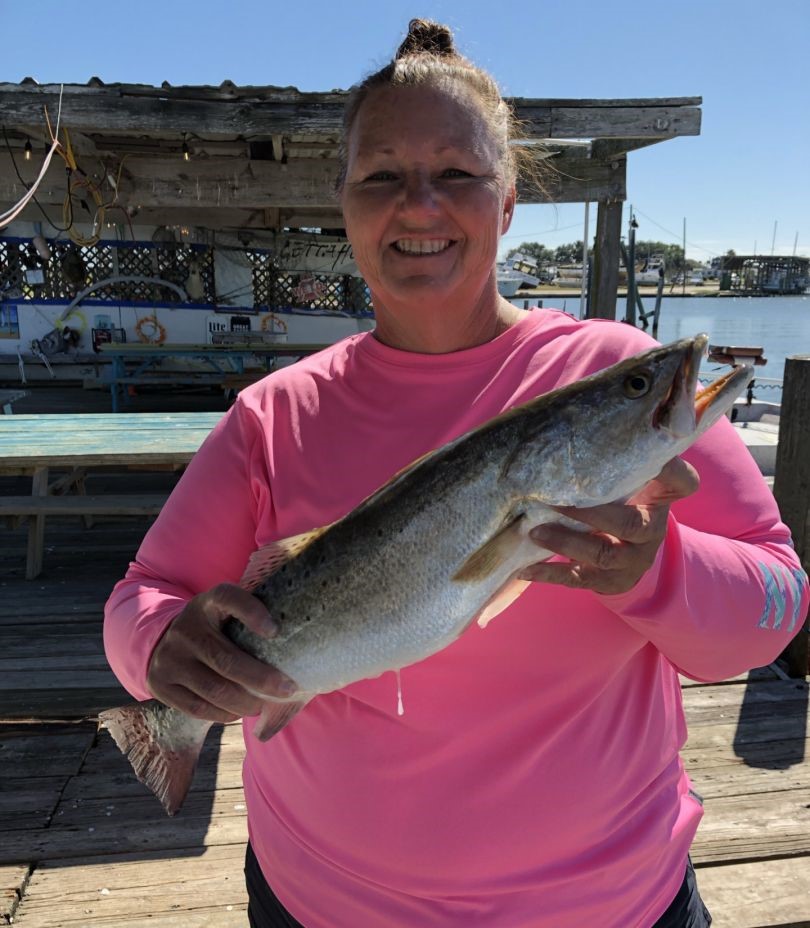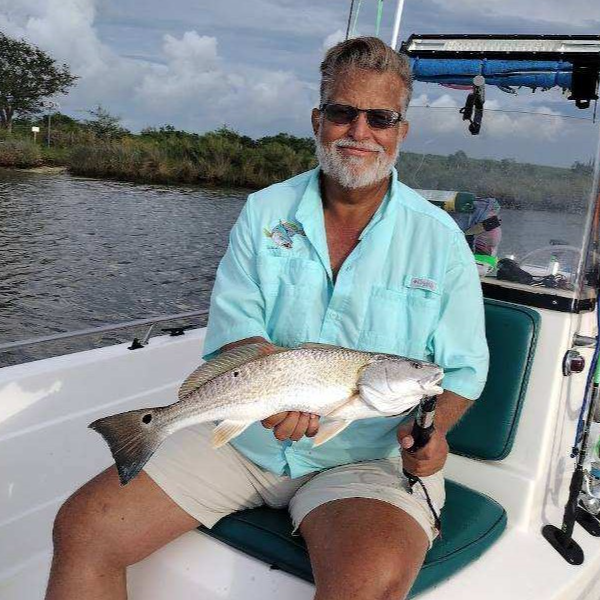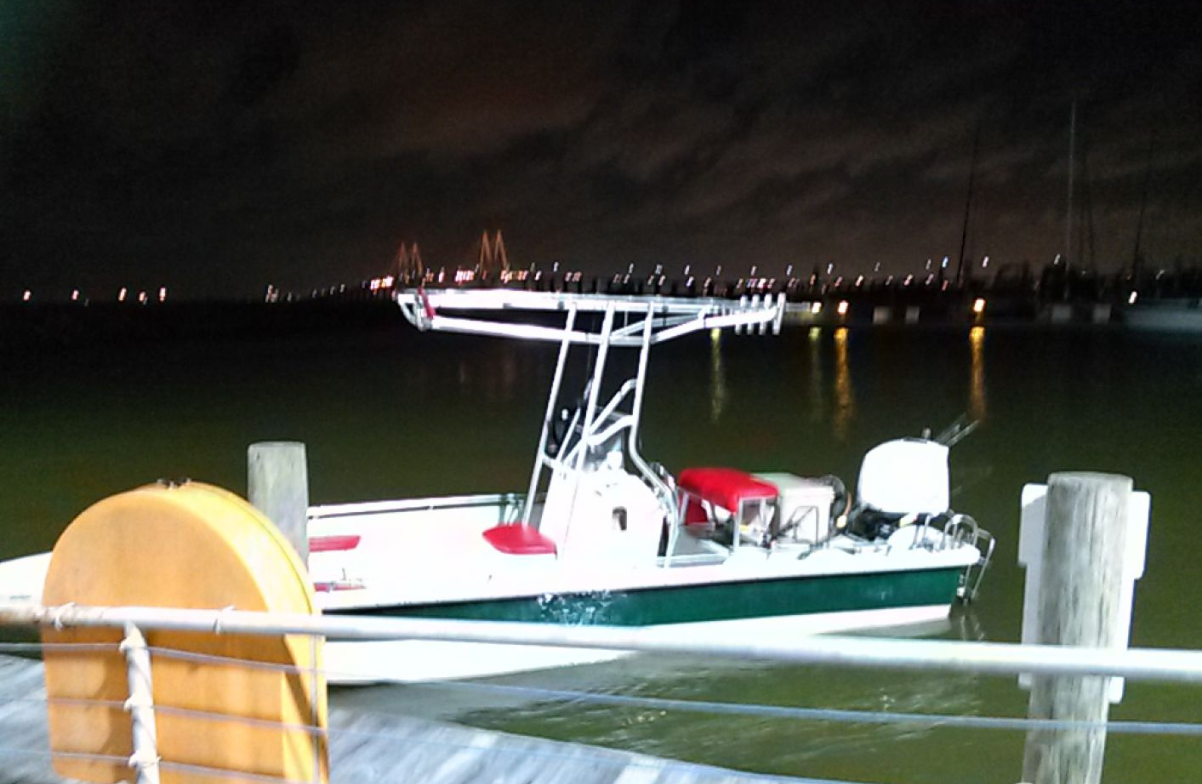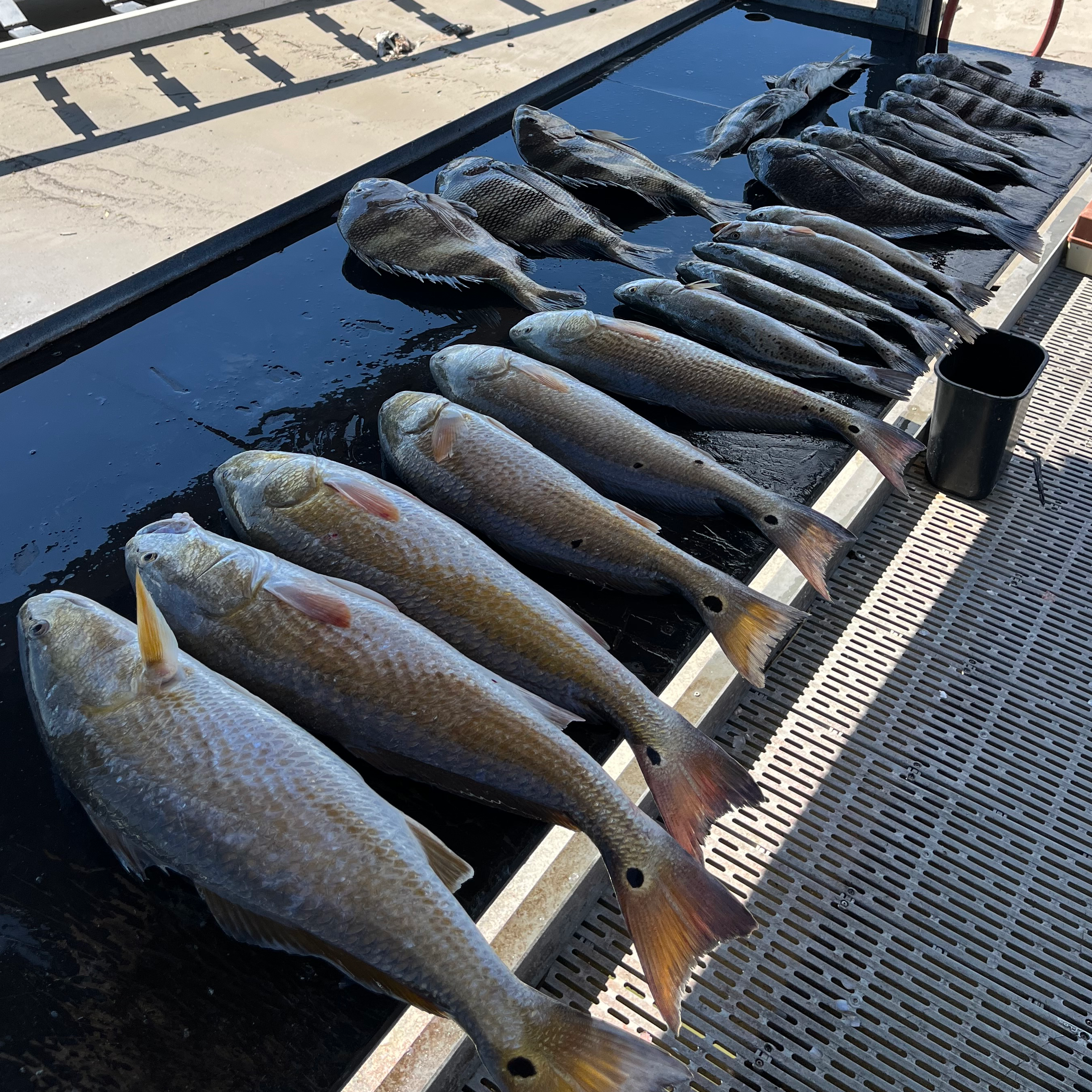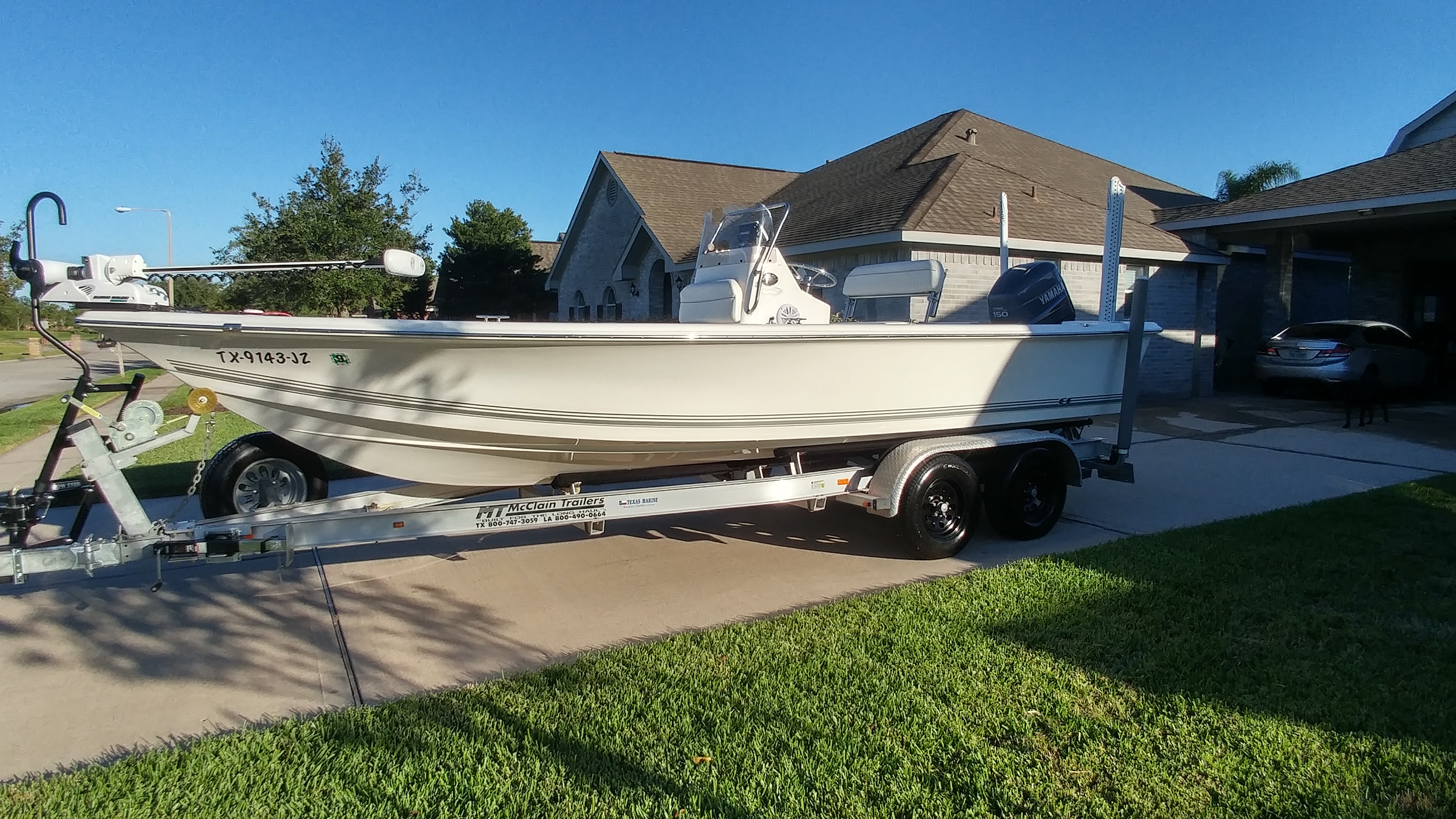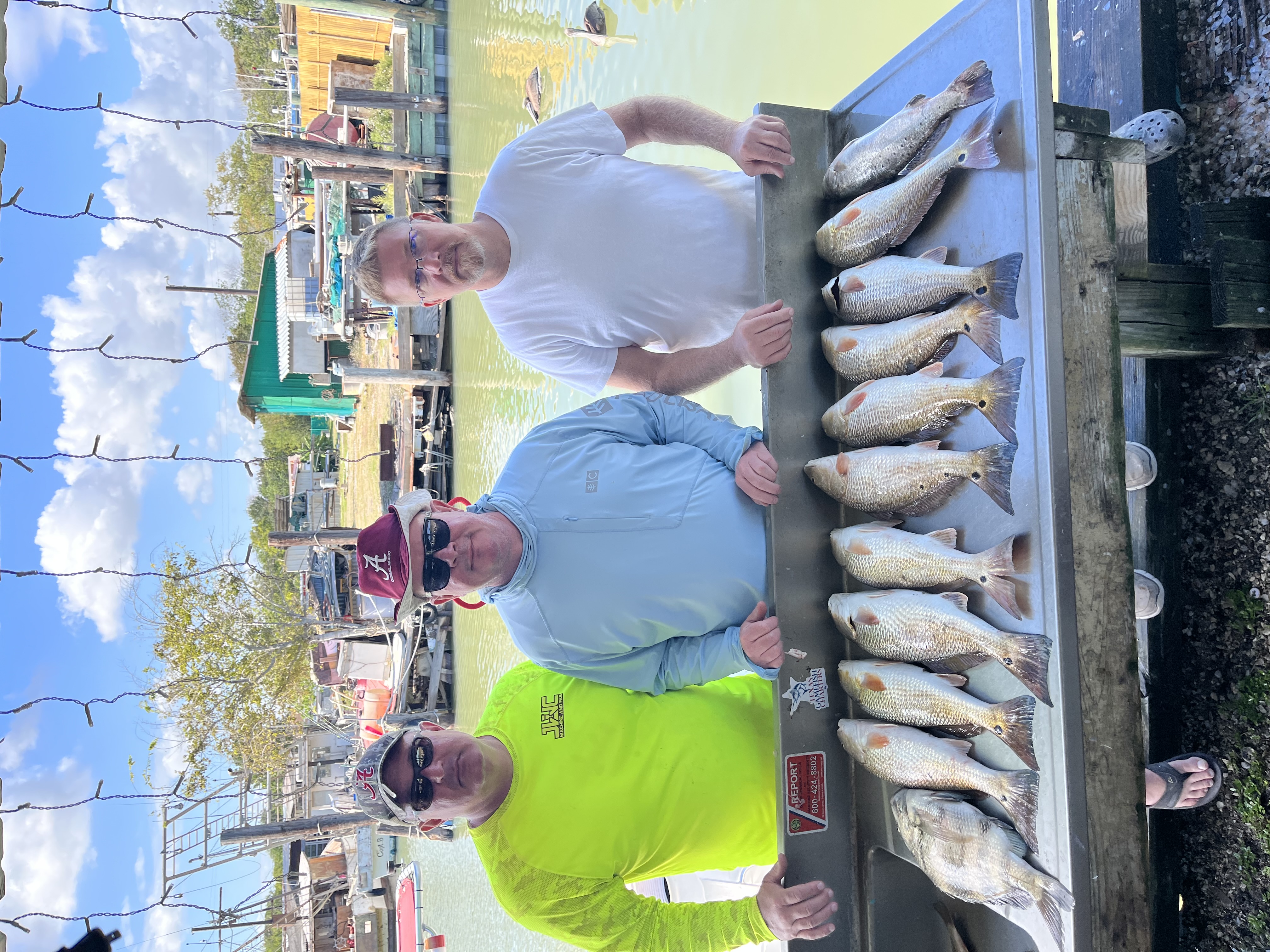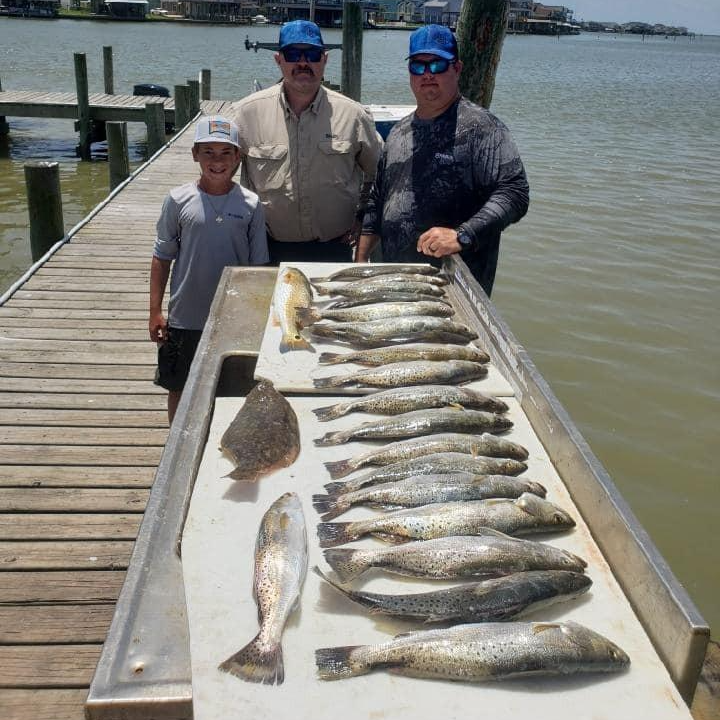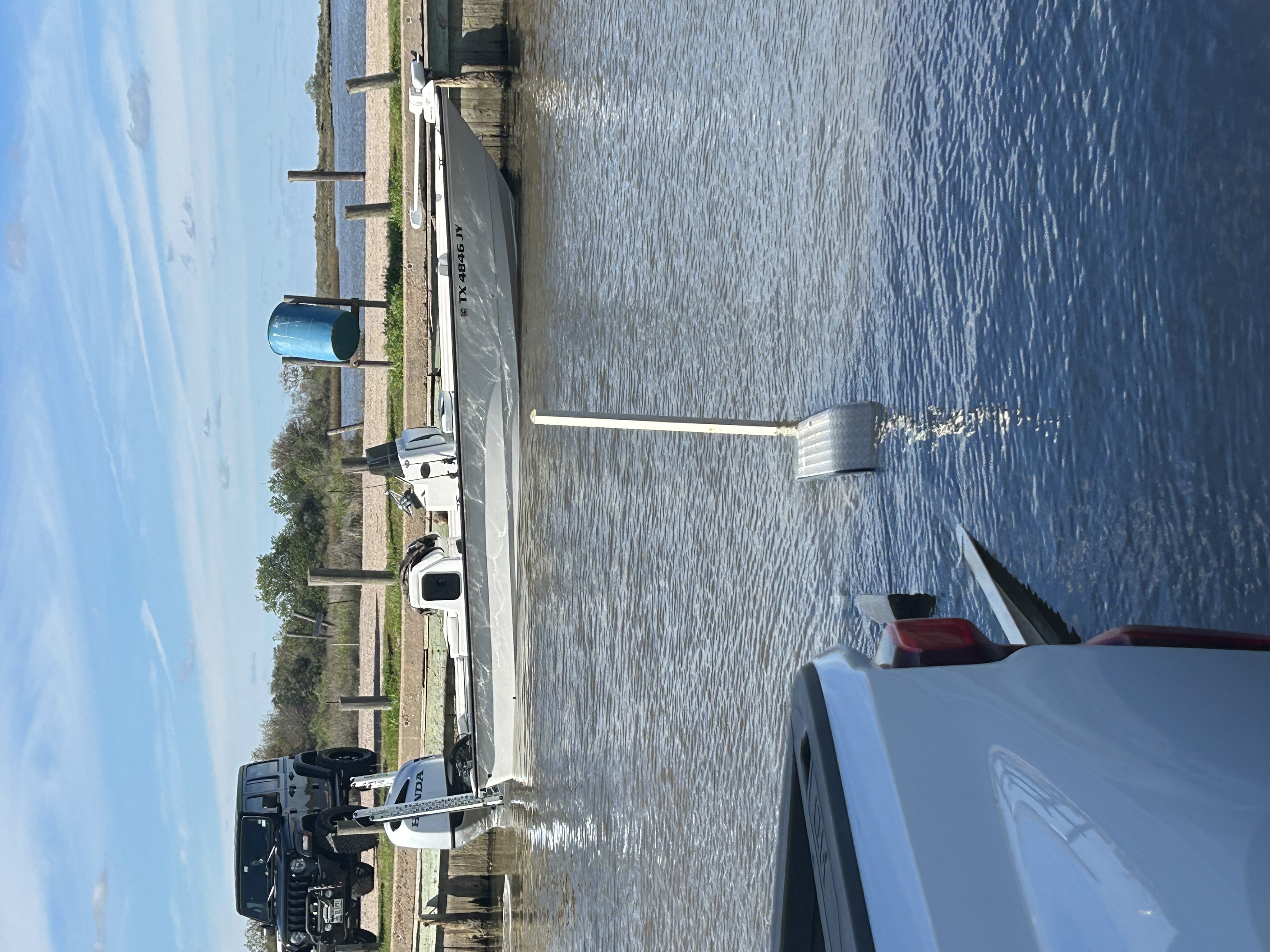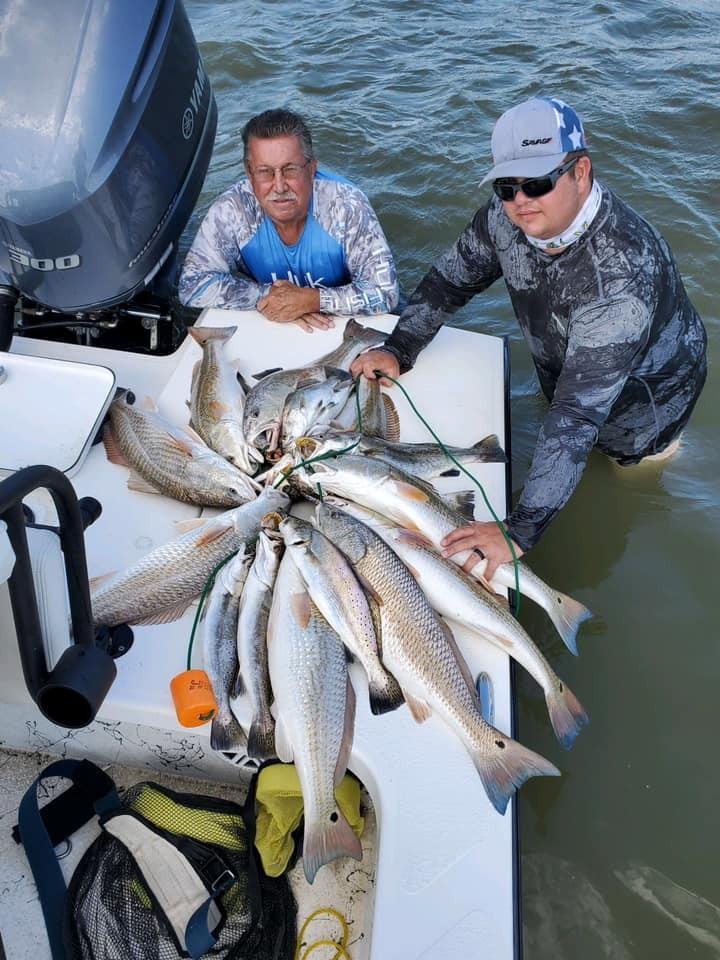Damn Good Guides
Experts Available 24/7
100% Weather Guarantee
Recently Booked Duck Hunting Guides In The Trinity River
Baytown Hook And Shoot
Texas Duck Special- Waco Area
“Our Damn Good Guides go above and beyond, and we’ve handpicked every single one. We’re passionate about the outdoors and look forward to getting you out on the trip of a lifetime, every time.”
Jonathan and Attison | Co-founders | Austin, Texas
Other Captain Experiences Trips in the Trinity River
Garzilla Gar Fishing Near Palestine
Gar Fishing Trip
Texas Alligator Gar Classic
River, Lake Fishing in Huntsville
Alligator Gar Fishing Near Houston
Giant Alligator Gar Adventure
Trinity River Drift
Invasive Species Hunting in Long Lake
Eradication Hog Hunt
Invasive Species Hunting in Long Lake
Texas Thermal Hog Hunt
Great Inshore Fishing
Inshore, Jetty Fishing in Texas City
Bay And Jetty Trips
Inshore, Flats Fishing in Baytown
Winter Fishing Special
San Leon Bay Fishing
Need a Place to Stay?
Everything to Know About Booking a Trinity River duck hunting trip
What are the best duck hunting trips in the Trinity River?
The best duck hunting trips in the Trinity River are:
What is duck hunting in Trinity River?
Duck hunting along the Trinity River in Texas provides an enriching and enjoyable experience for waterfowl enthusiasts. The Trinity River’s diverse habitats, including wetlands, riverine marshes, and flooded fields, create ideal conditions for a variety of duck species. These areas attract migratory ducks and local waterfowl, making the Trinity River a popular destination for hunters looking to engage with nature and pursue their passion for waterfowl hunting. The river’s rich ecosystem supports a wide range of duck species, from mallards and teal to pintails and gadwalls, offering hunters a diverse and rewarding experience.
One common method for duck hunting in the Trinity River is using decoys and calling techniques to attract ducks into shooting range. Hunters set up decoys in strategically chosen locations, such as open water or near reed beds, to mimic the presence of a duck flock. Calling techniques are employed to replicate the sounds of ducks, enticing them to approach the decoys. This method requires skill and patience, as hunters must carefully observe and respond to the movements and behaviors of the ducks. The Trinity River’s expansive wetlands and river channels provide ample opportunities for setting up effective decoy spreads and creating successful hunts.
Another approach to duck hunting in the Trinity River involves hunting from blinds, which can be positioned along the riverbanks or in dense vegetation. Blinds offer concealment and protection from the elements, allowing hunters to remain hidden while waiting for ducks to approach. The river’s natural cover and varied landscape provide excellent opportunities for constructing effective blinds that blend seamlessly with the surroundings. Whether using decoys, calling techniques, or well-positioned blinds, duck hunting along the Trinity River offers a rewarding and immersive experience, combining the thrill of the hunt with the beauty of Texas’s natural waterways.
What are the most popular months to go duck hunting in Trinity River?
Duck hunting on the Trinity River in Texas is a popular activity, with the season typically running from early November through late January. This period coincides with the peak of waterfowl migration, as various species of ducks move through the area on their way to wintering grounds further south. The cooler temperatures and changing water levels during this time make for excellent hunting conditions, as ducks are more actively seeking food and suitable resting spots.
As the season progresses into December, the hunting conditions on the Trinity River remain favorable. The cooler weather tends to push more ducks into the area, and the river's wetlands and shallow waters provide ideal habitat for these migratory birds. Hunters should take advantage of the increased duck activity and the abundance of food sources in the area, such as aquatic vegetation and small fish, to improve their chances of a successful hunt. Additionally, the quieter winter months often mean less competition from other hunters, allowing for a more peaceful and enjoyable experience.
By January, the duck hunting season on the Trinity River continues to offer good opportunities, though it can be more challenging as some birds begin to head north again. Hunters need to be strategic in their approach, focusing on areas where ducks are known to congregate and using effective decoys and calls to attract them. Overall, the duck hunting season on the Trinity River provides a rewarding experience with diverse opportunities throughout the winter months, offering a chance to enjoy the sport in a beautiful and dynamic environment.
What techniques are popular for duck hunting in Trinity River?
Duck hunting in the Trinity River, Texas, offers a range of techniques tailored to the river’s diverse environment. One popular method is using decoys, where hunters set up a spread of duck decoys on the water to attract real ducks. These decoys mimic the appearance and behavior of ducks, drawing them in for a closer look. Hunters typically place the decoys in strategic locations, such as near feeding or resting areas along the river, and use calls to further entice ducks into range. This method is effective in both open water and areas with dense vegetation, making it versatile for different parts of the Trinity River.
Another common technique in the Trinity River is hunting from blinds. Hunters use camouflaged blinds to conceal themselves and their gear from ducks as they fly overhead. Blinds can be set up along the riverbank or in shallow water areas, blending in with the surrounding environment. This approach allows hunters to stay hidden while waiting for ducks to approach the decoys or pass by. The key to success with this method is careful positioning and ensuring the blind is well camouflaged to avoid spooking the ducks.
For a more active hunting experience, many hunters in the Trinity River employ jump shooting. This technique involves walking along the riverbanks or through wetlands to flush ducks out of their hiding spots. When ducks are startled and take flight, hunters take quick shots as they fly away. Jump shooting requires agility and fast reflexes, as well as a good understanding of duck behavior and habitat preferences. This method provides a dynamic and challenging way to hunt ducks, offering a different kind of excitement compared to stationary hunting techniques.
What species are popular for duck hunting in Trinity River?
Duck hunting in the Trinity River provides an excellent opportunity to target a variety of waterfowl species in the rich wetlands and floodplains of this Texas river system. One of the primary species sought by hunters is the mallard. Mallards are among the most common and recognizable ducks, with their vibrant plumage and distinctive quacking calls. They are often found in the shallow, marshy areas of the Trinity River, where they feed on aquatic vegetation and insects. The best time to hunt mallards is during the migratory seasons in fall and winter when they are more abundant in the region.
Another notable species for hunters in the Trinity River is the northern pintail. Known for their elegant, slender necks and long, pointed bills, northern pintails are a prized catch for many waterfowl enthusiasts. They prefer open wetlands and shallow ponds, which are common in the Trinity River's floodplain areas. Pintails can be particularly active during the early morning and late afternoon, making these times ideal for hunting. Their distinctive calls and striking appearance make them a sought-after target during the hunting season.
Additionally, hunters in the Trinity River might encounter other species such as wood ducks and teal. Wood ducks are known for their striking colors and unique nesting habits, often choosing tree cavities or man-made nest boxes near water. They are typically found in wooded swamps and riverine habitats. Teal, including species like the green-winged and blue-winged teal, are smaller ducks that are often seen in flocks and are known for their swift flight. Both wood ducks and teal provide a diverse hunting experience and add to the excitement of waterfowl hunting in the Trinity River area.
Recent Reviews
Featured Cities
- Fishing Charters Near Me
- Austin Fishing Guides
- Biloxi Fishing Charters
- Bradenton Fishing Charters
- Cabo San Lucas Fishing Charters
- Cancun Fishing Charters
- Cape Coral Fishing Charters
- Charleston Fishing Charters
- Clearwater Fishing Charters
- Corpus Christi Fishing Charters
- Crystal River Fishing Charters
- Dauphin Island Fishing Charters
- Daytona Beach Fishing Charters
- Destin Fishing Charters
- Fort Lauderdale Fishing Charters
- Fort Myers Fishing Charters
- Fort Walton Beach Fishing Charters
- Galveston Fishing Charters
- Gulf Shores Fishing Charters
- Hatteras Fishing Charters
- Hilton Head Fishing Charters
- Islamorada Fishing Charters
- Jacksonville Fishing Charters
- Jupiter Fishing Charters
- Key Largo Fishing Charters
- Key West Fishing Charters
- Kona Fishing Charters
- Lakeside Marblehead Fishing Charters
- Marathon Fishing Charters
- Marco Island Fishing Charters
- Miami Fishing Charters
- Montauk Fishing Charters
- Morehead City Fishing Charters
- Naples Fishing Charters
- New Orleans Fishing Charters
- New Smyrna Beach Fishing Charters
- Ocean City Fishing Charters
- Orange Beach Fishing Charters
- Panama City Beach Fishing Charters
- Pensacola Fishing Charters
- Pompano Beach Fishing Charters
- Port Aransas Fishing Charters
- Port Orange Fishing Charters
- Rockport Fishing Charters
- San Diego Fishing Charters
- San Juan Fishing Charters
- Sarasota Fishing Charters
- South Padre Island Fishing Charters
- St. Augustine Fishing Charters
- St. Petersburg Fishing Charters
- Tampa Fishing Charters
- Tarpon Springs Fishing Charters
- Venice Fishing Charters
- Virginia Beach Fishing Charters
- West Palm Beach Fishing Charters
- Wilmington Fishing Charters
- Wrightsville Beach Fishing Charters
Didn't Find What You Were Looking For?
Our guides are Damn Good Guides, which means they’re vetted by our team of outdoor experts who know them on a first-name basis. We hand pick each and every one of them, and our network spans all across the US and beyond.
The proof is in the pudding, and we’re incredibly proud of our 4.9 / 5 average review score. Hit the button below to see more trip options:
